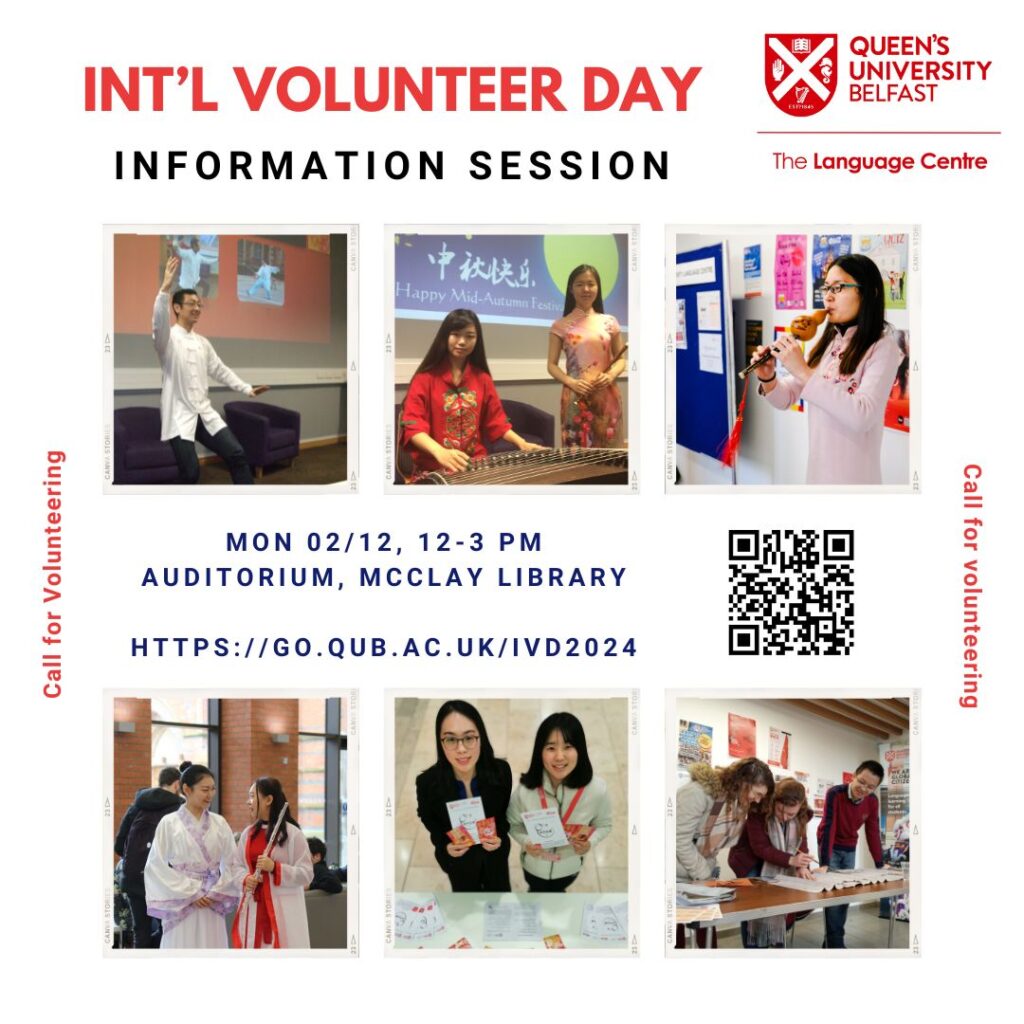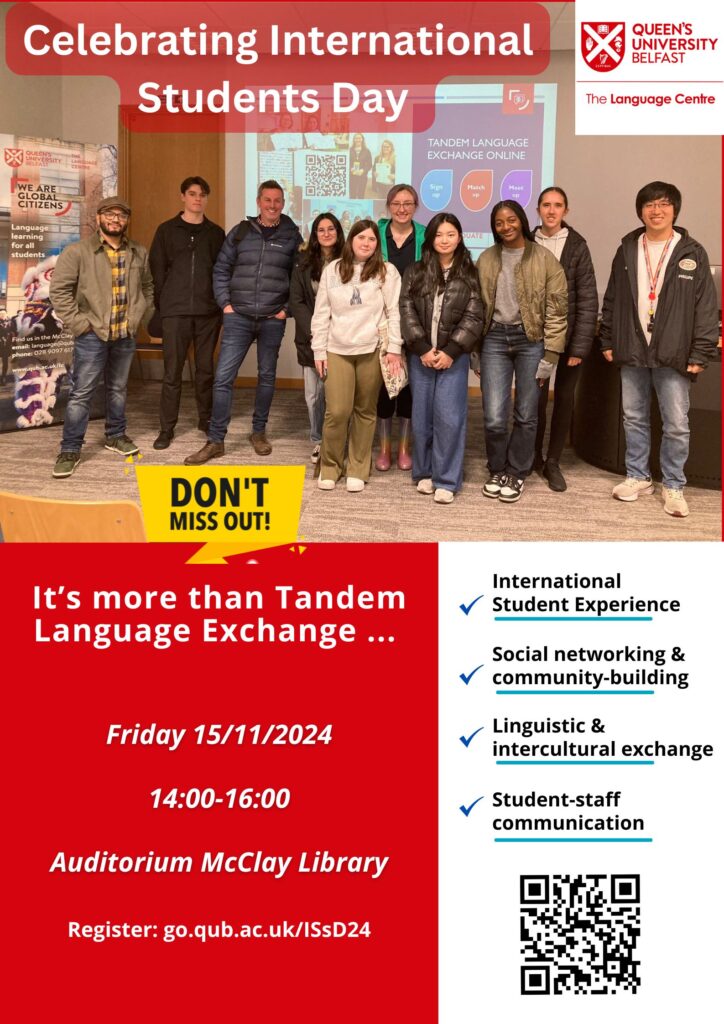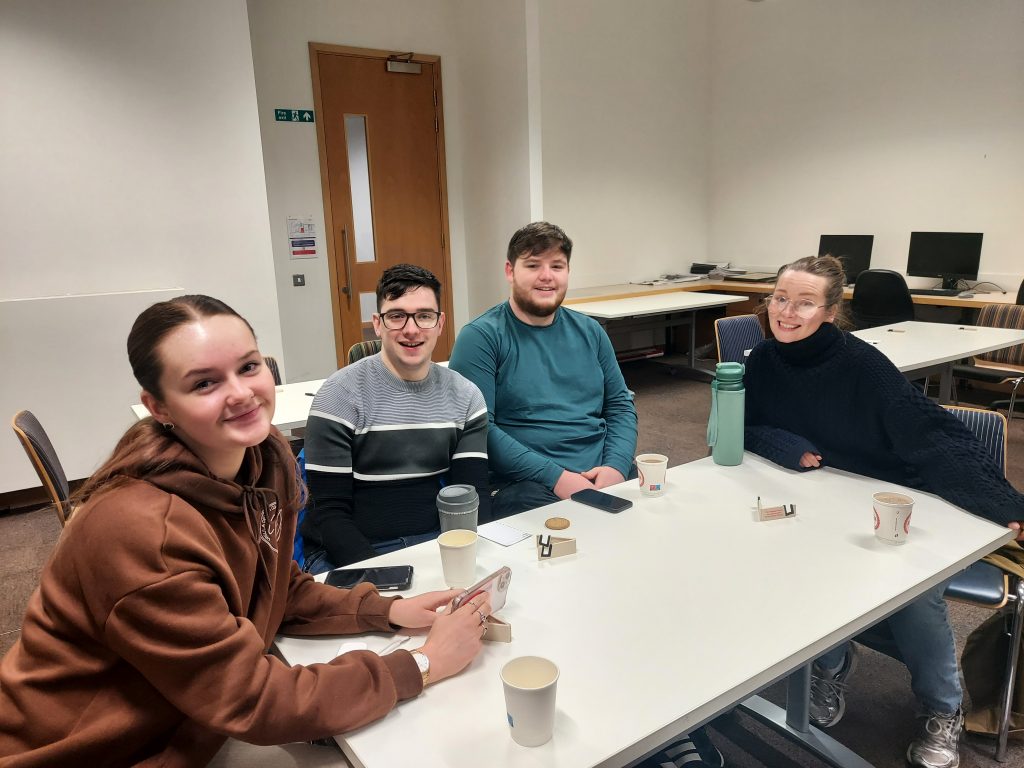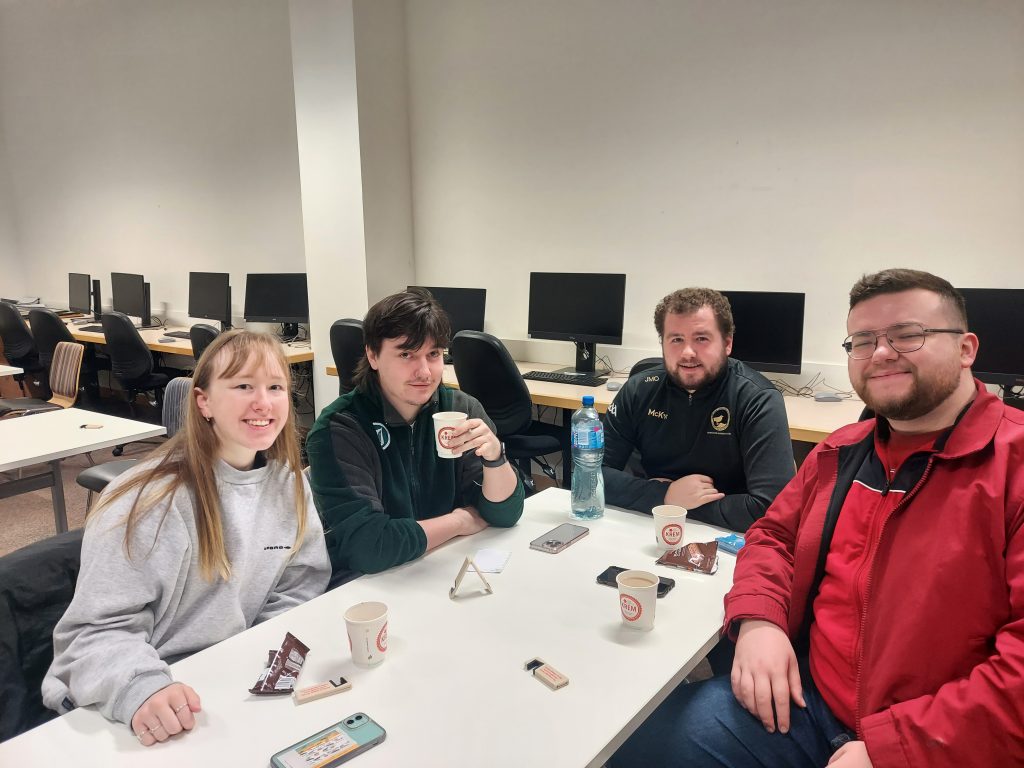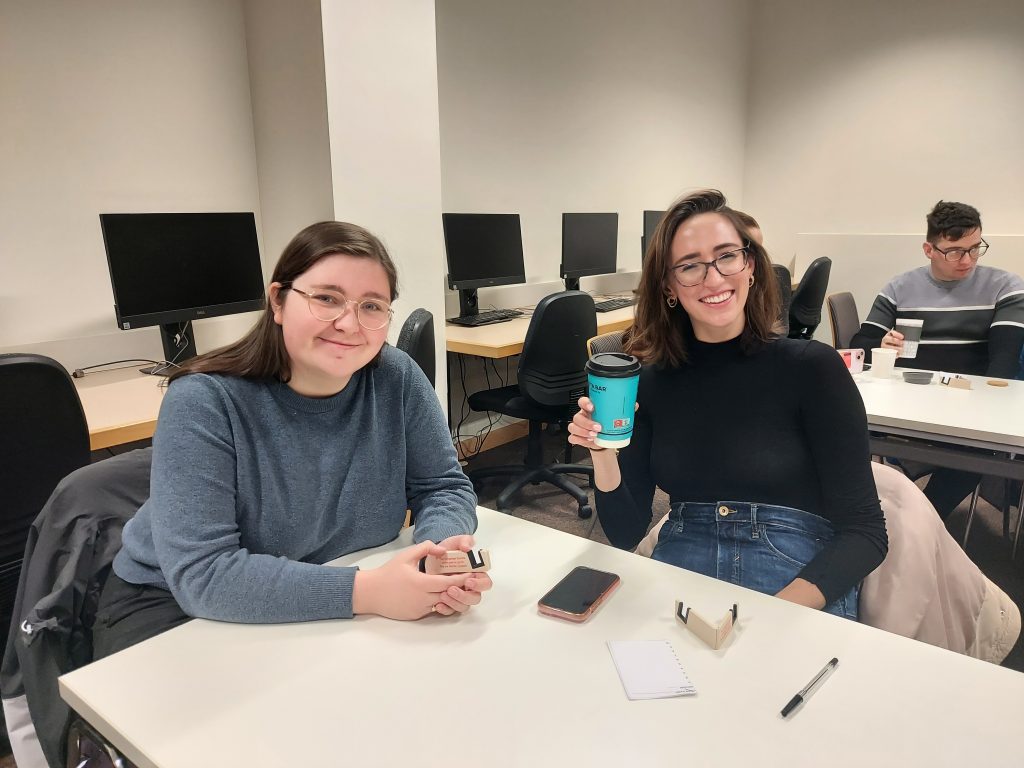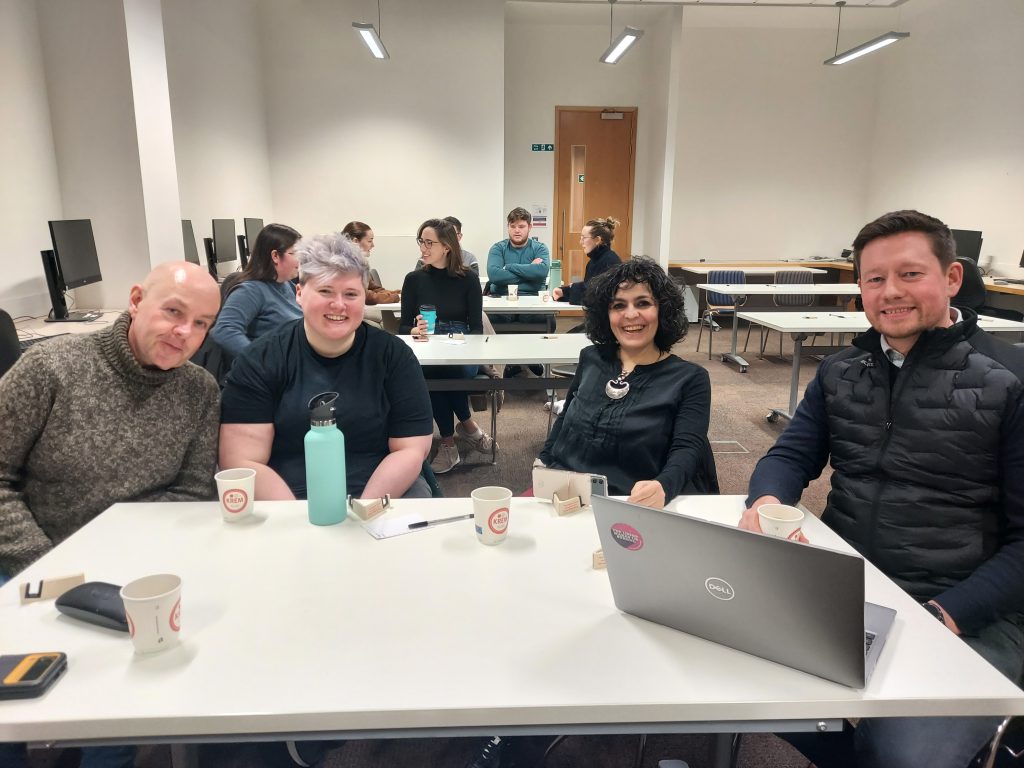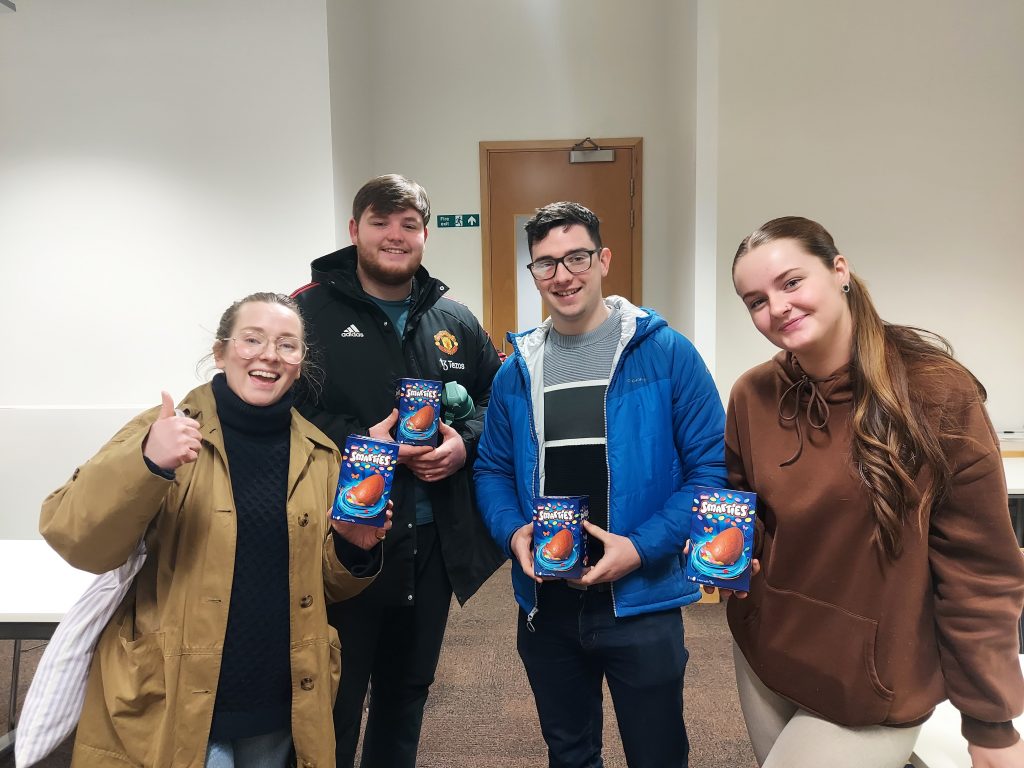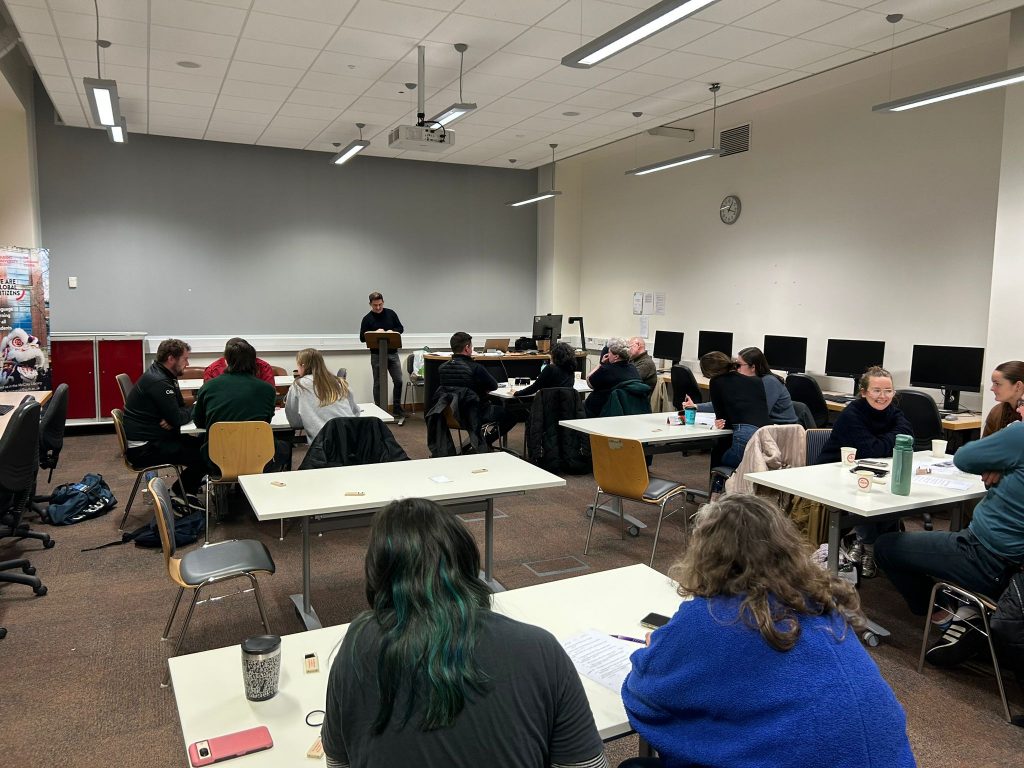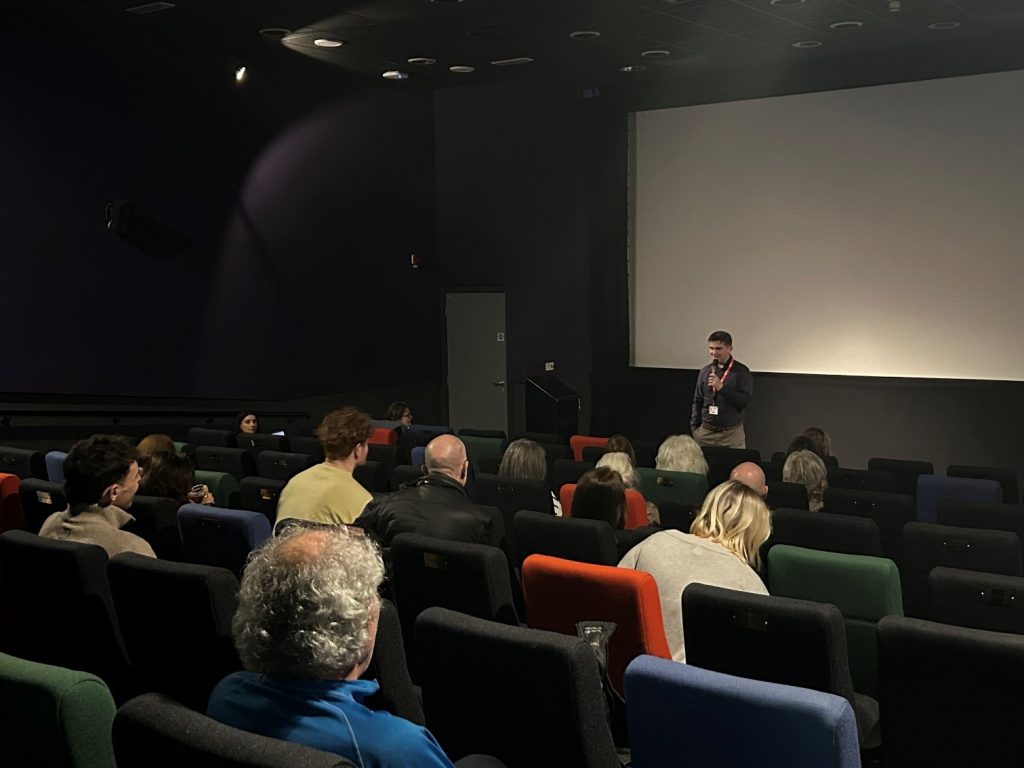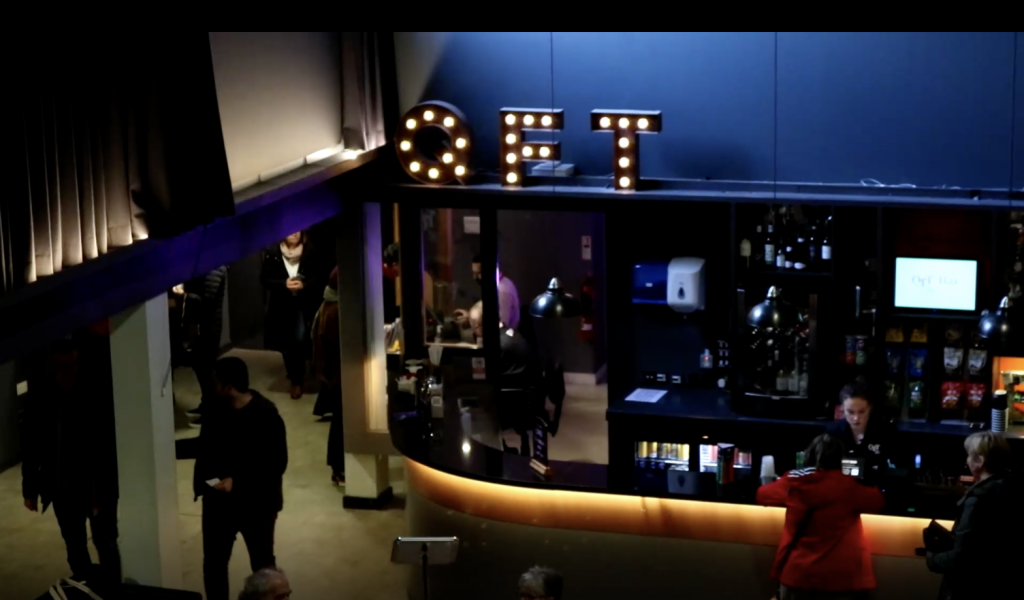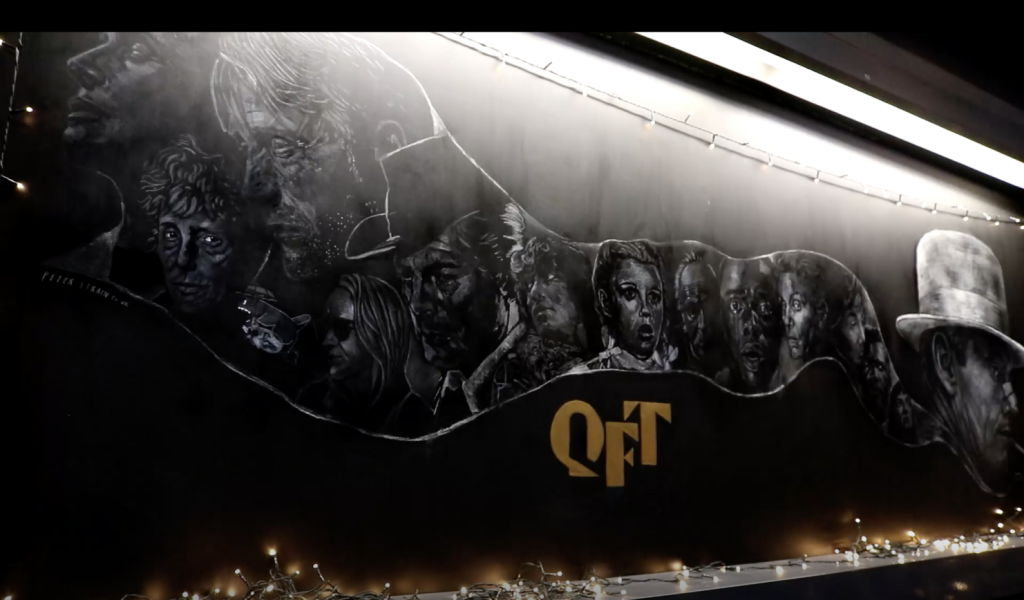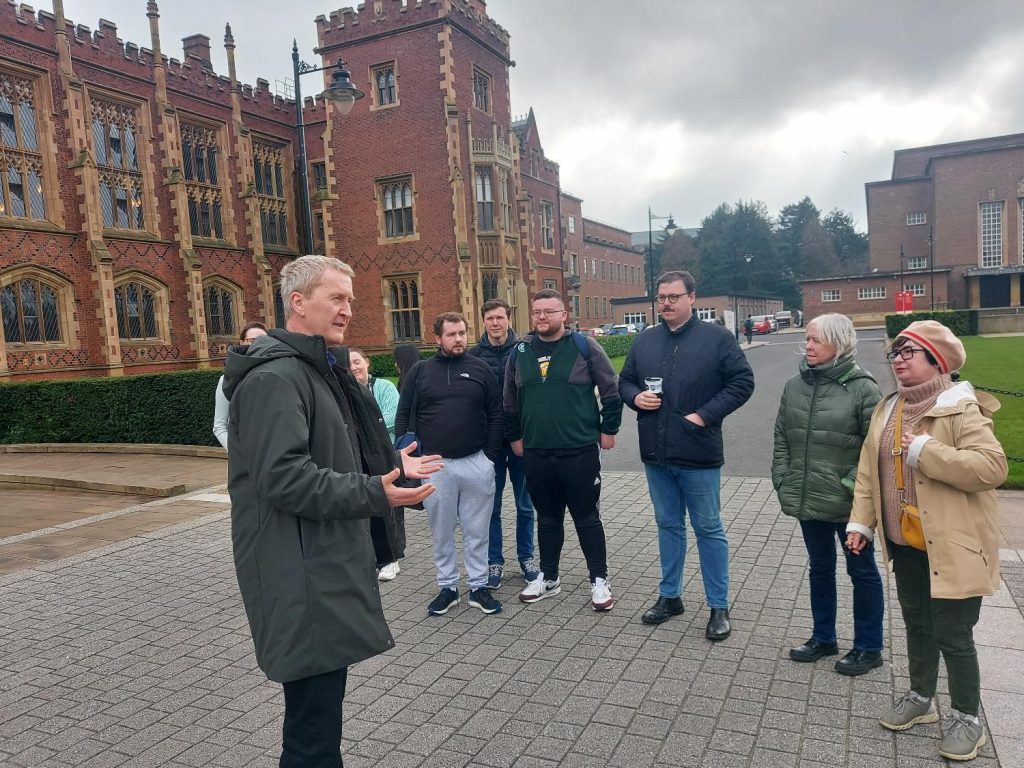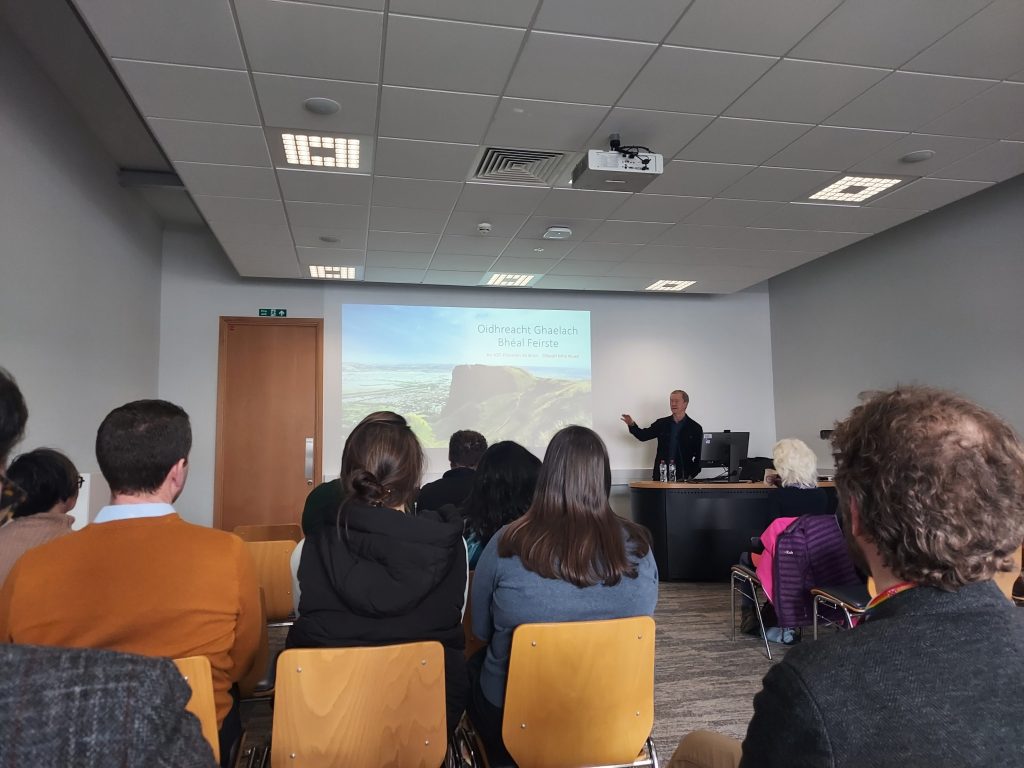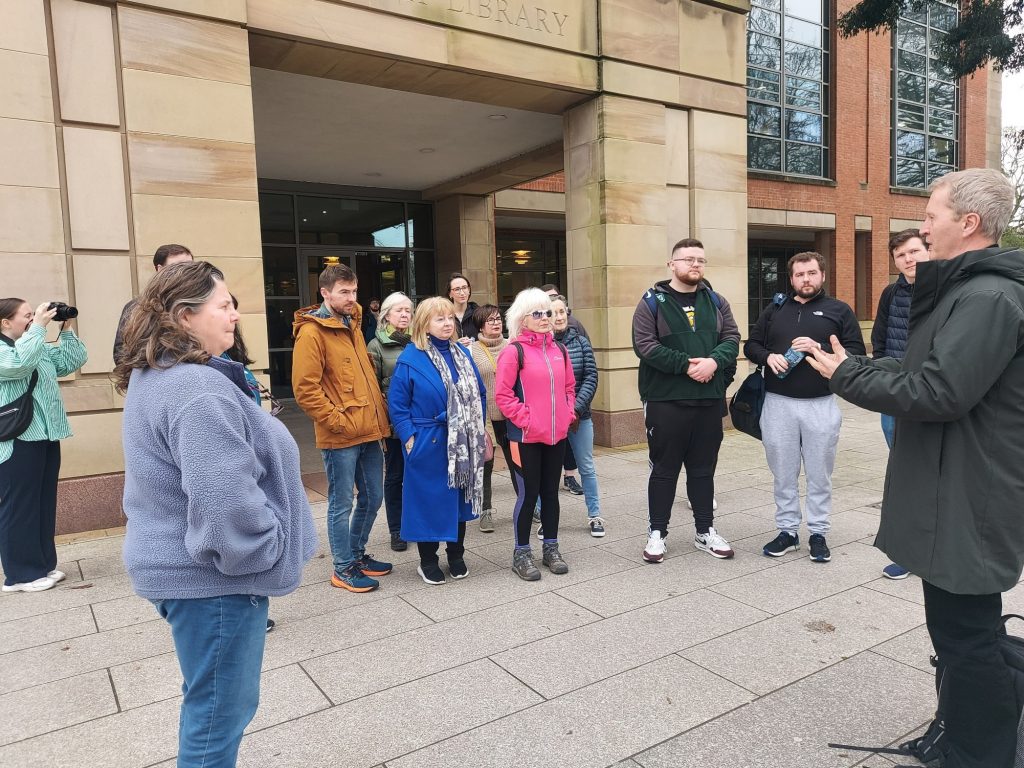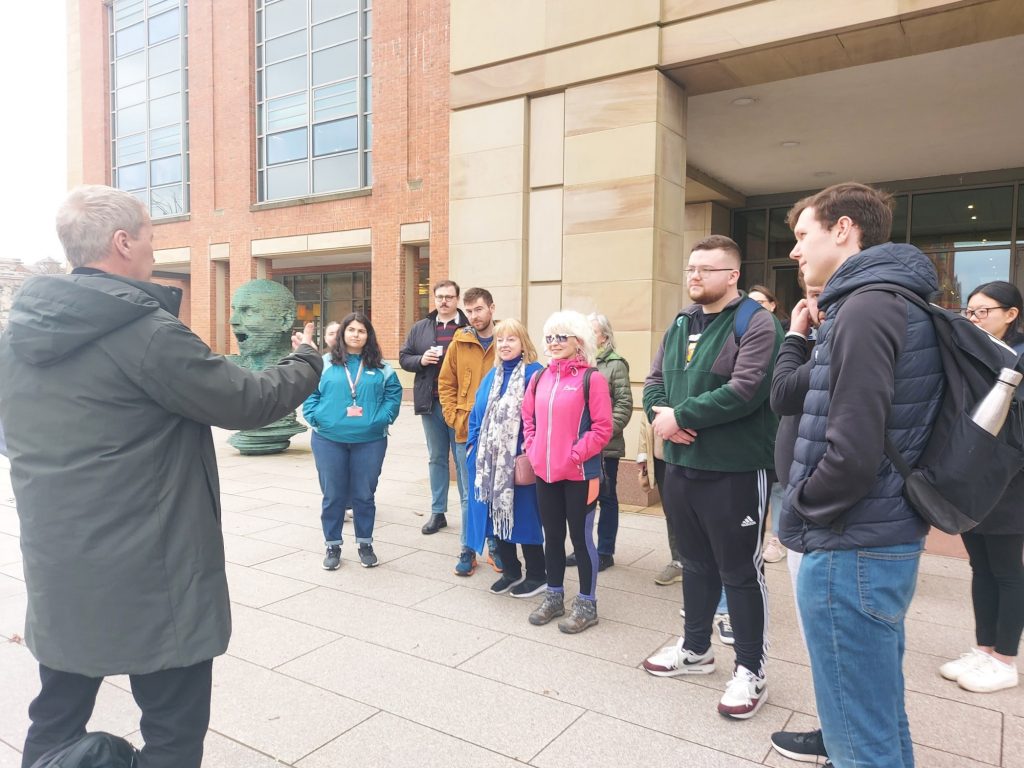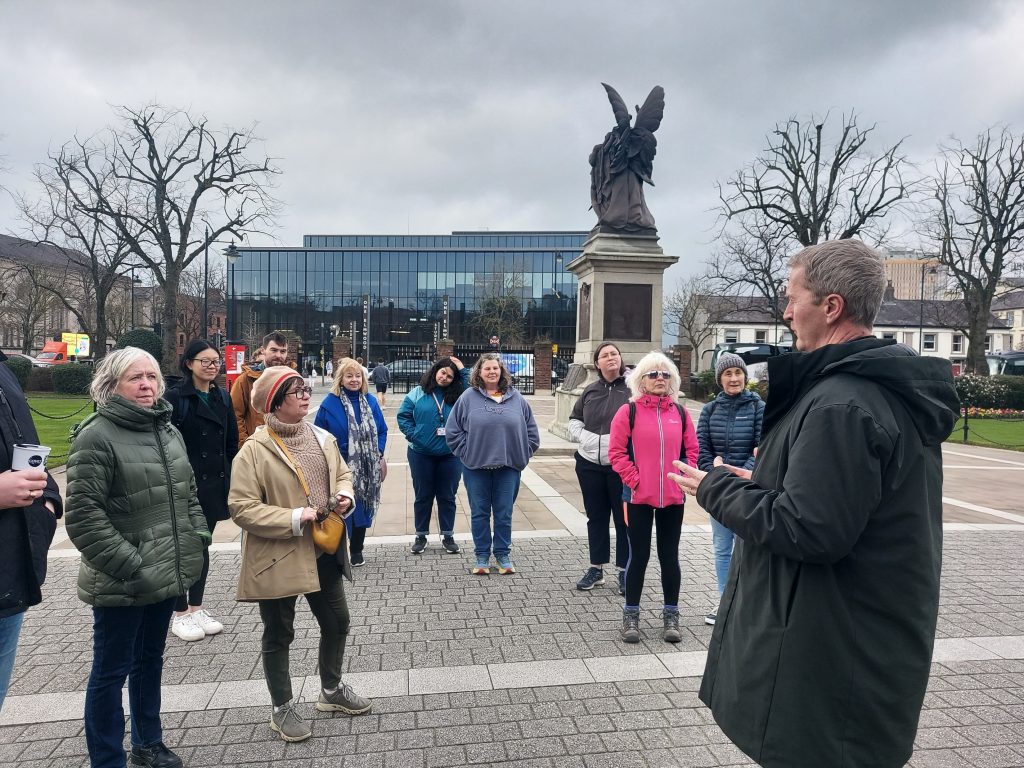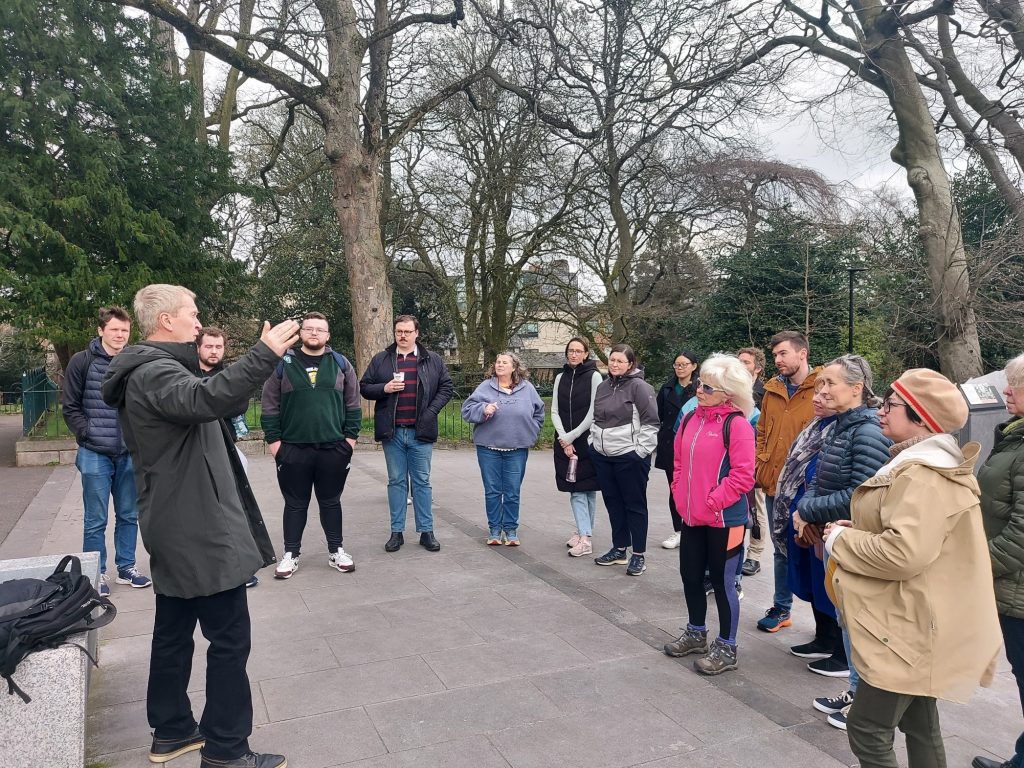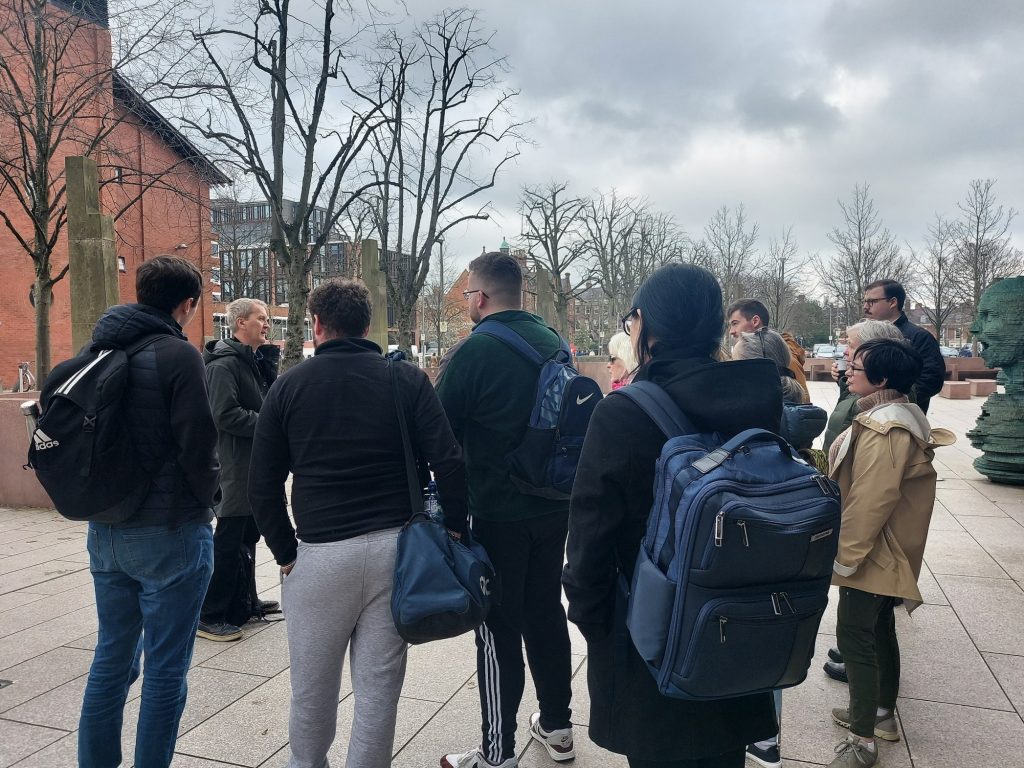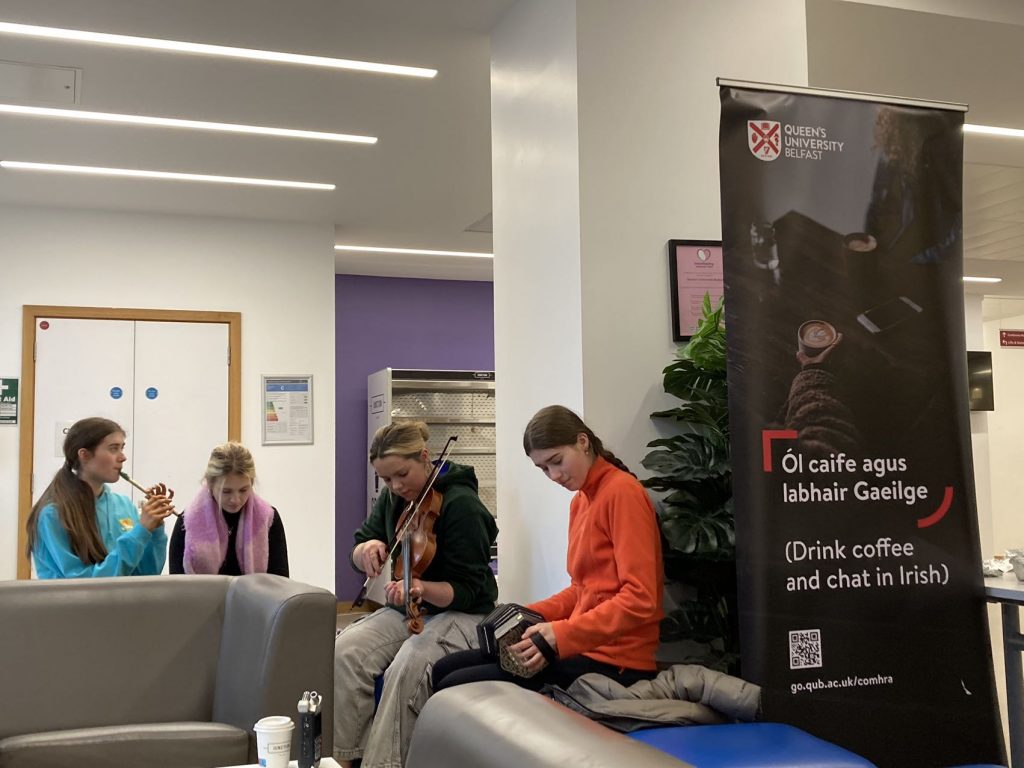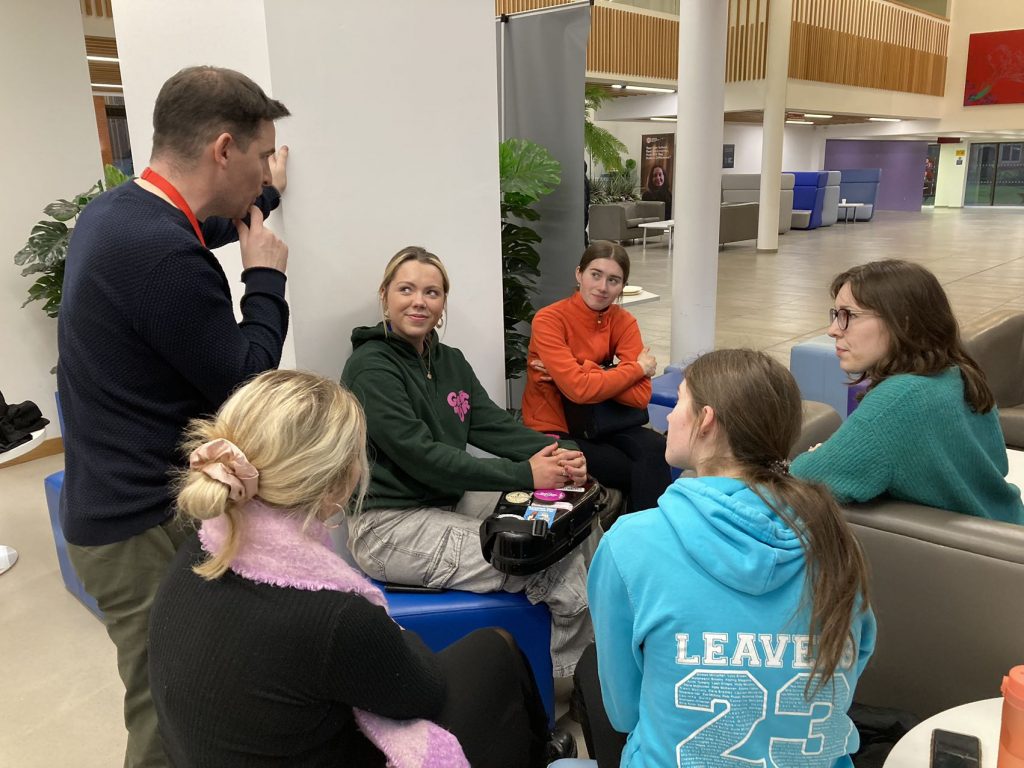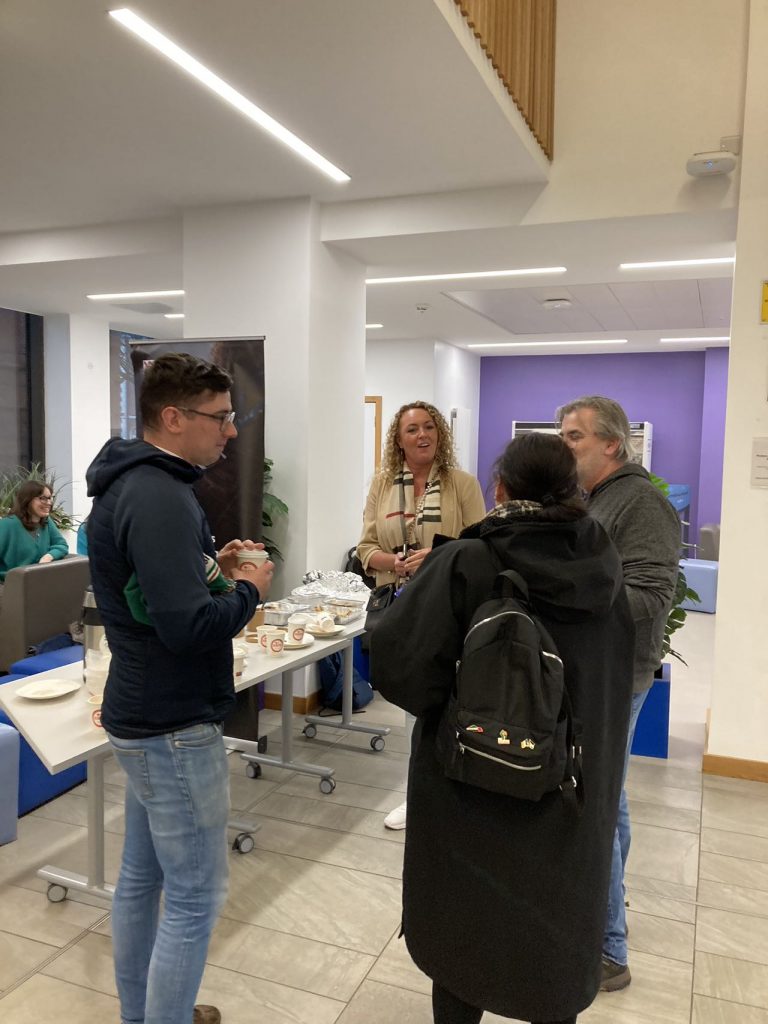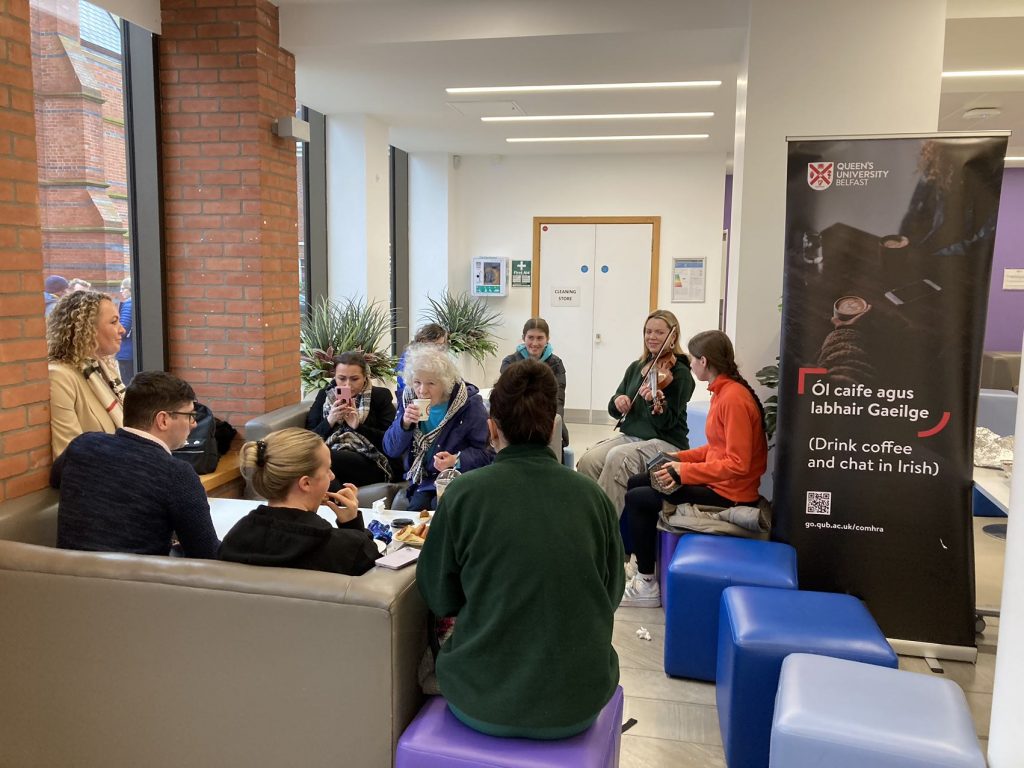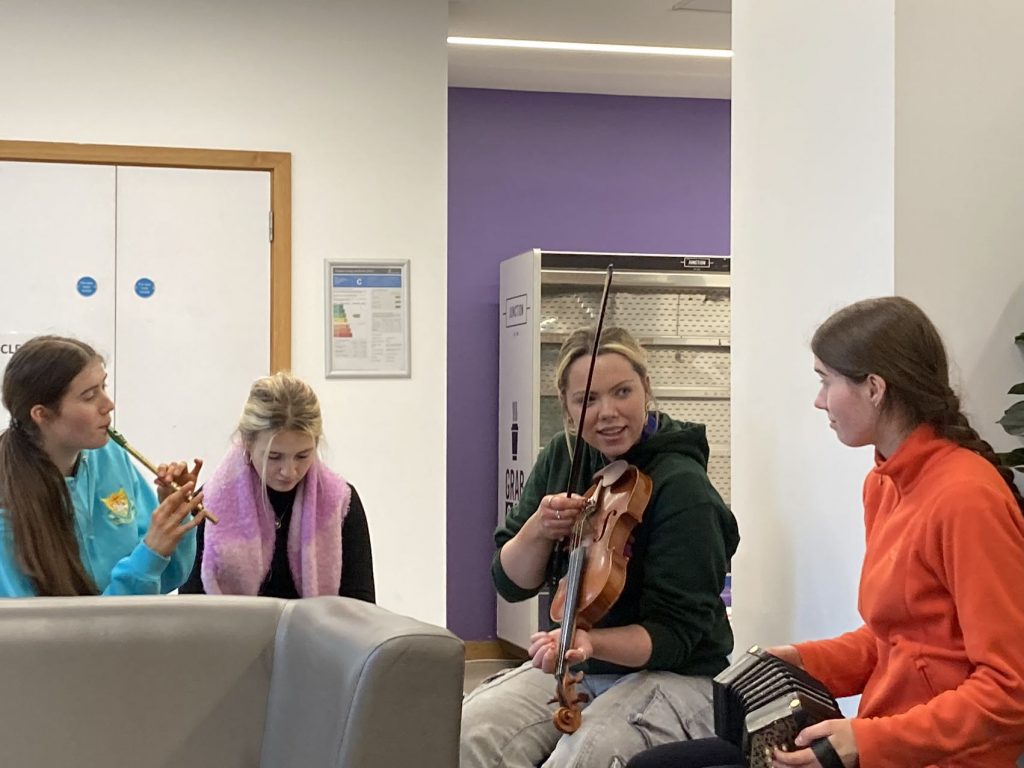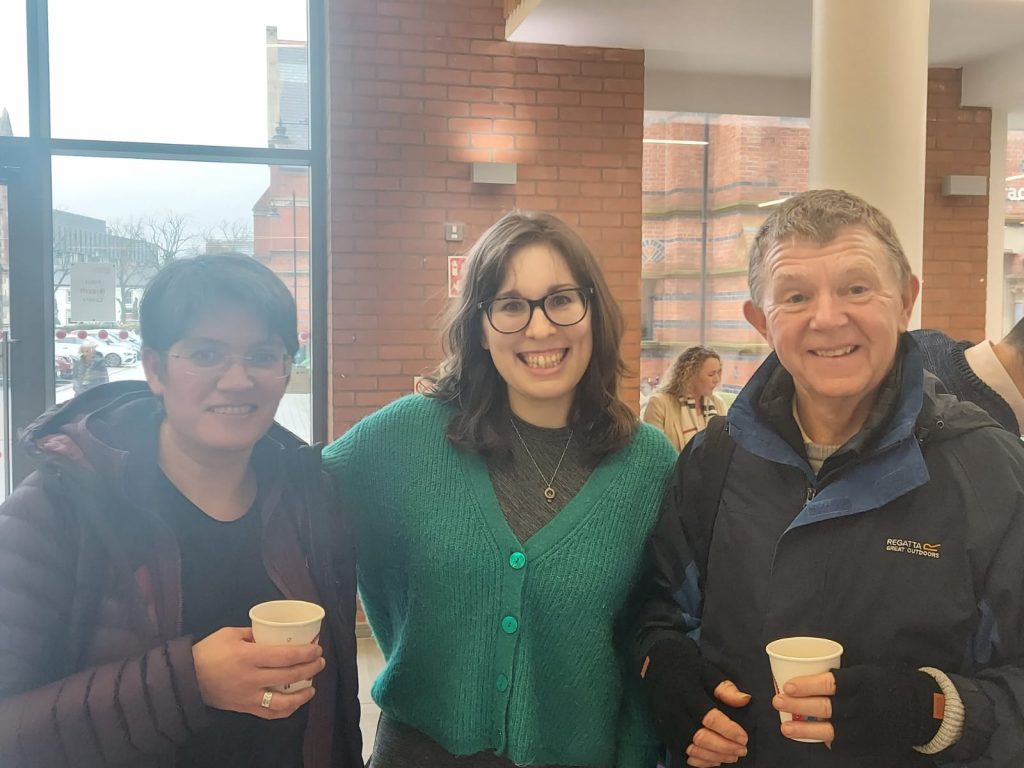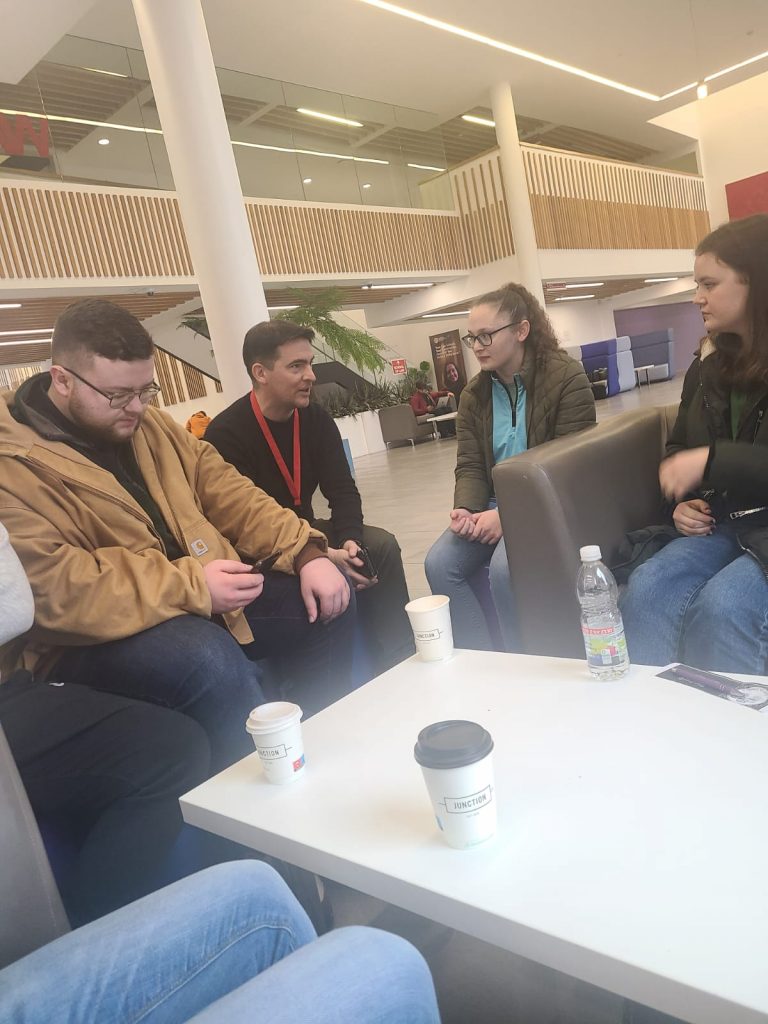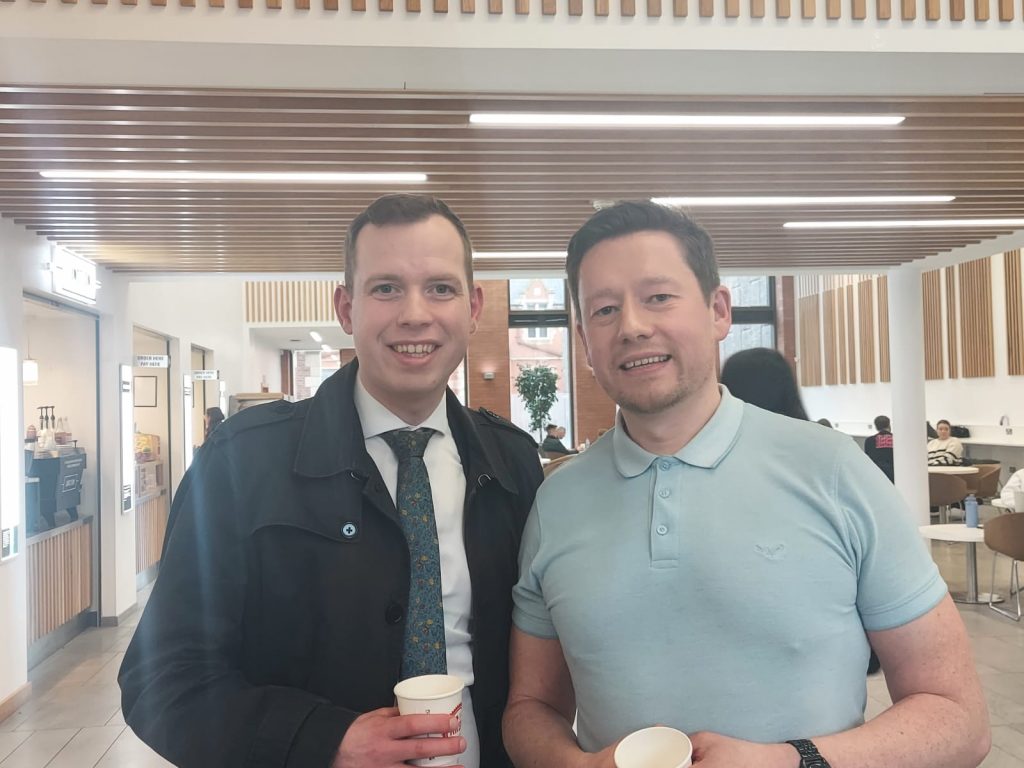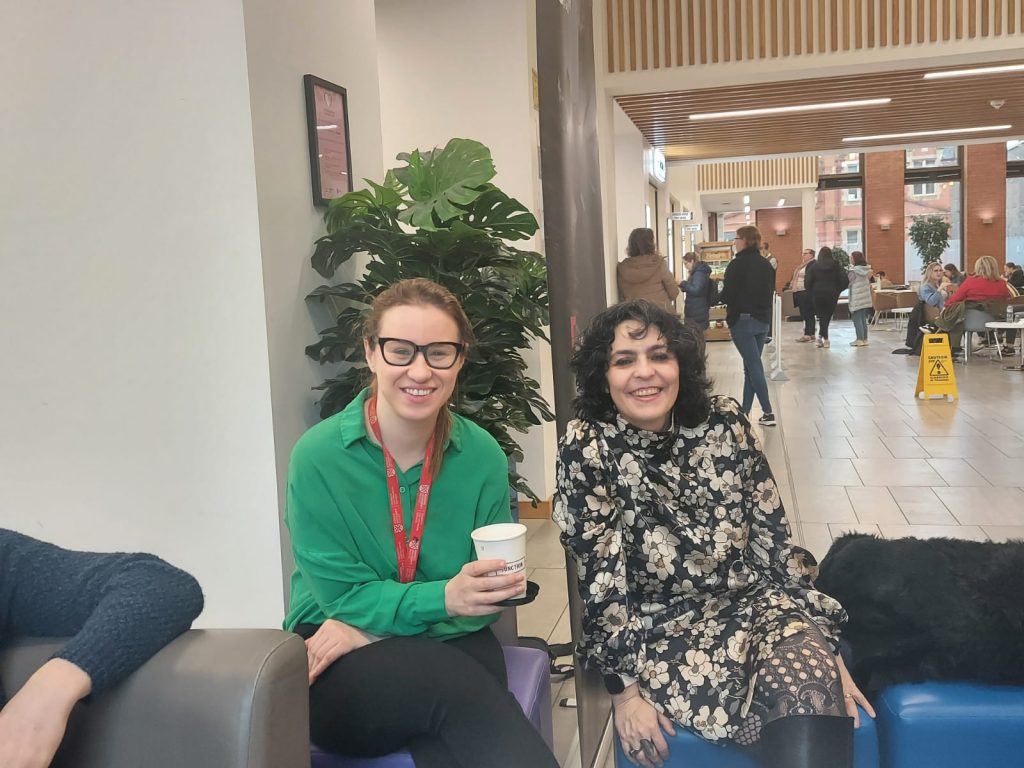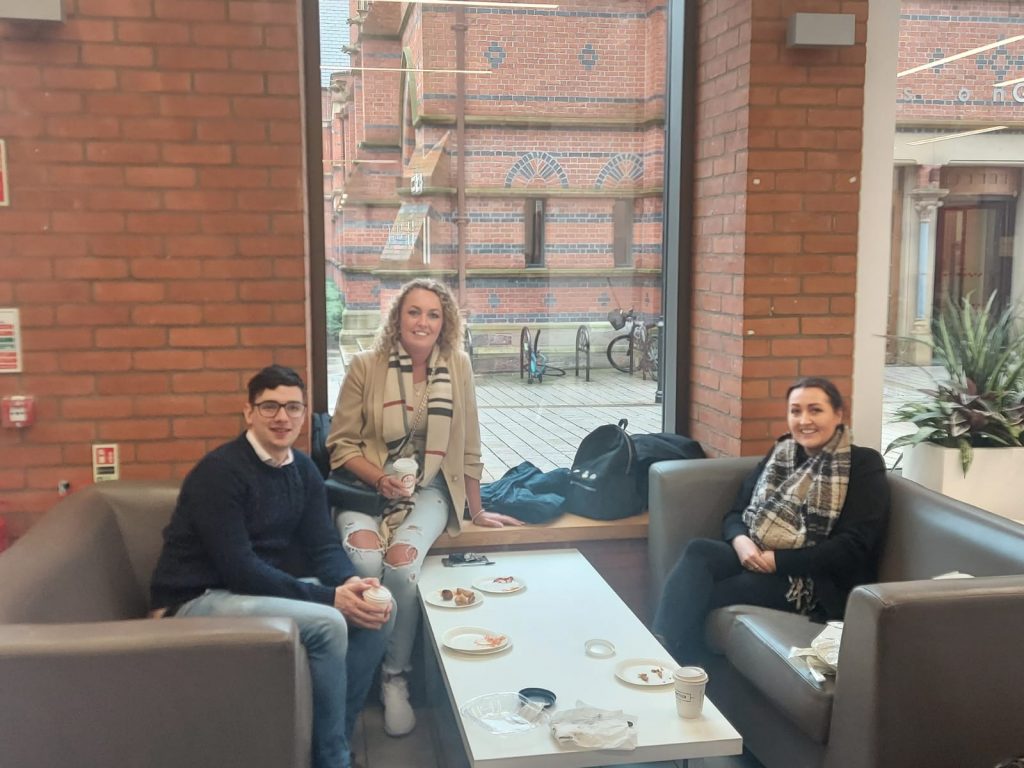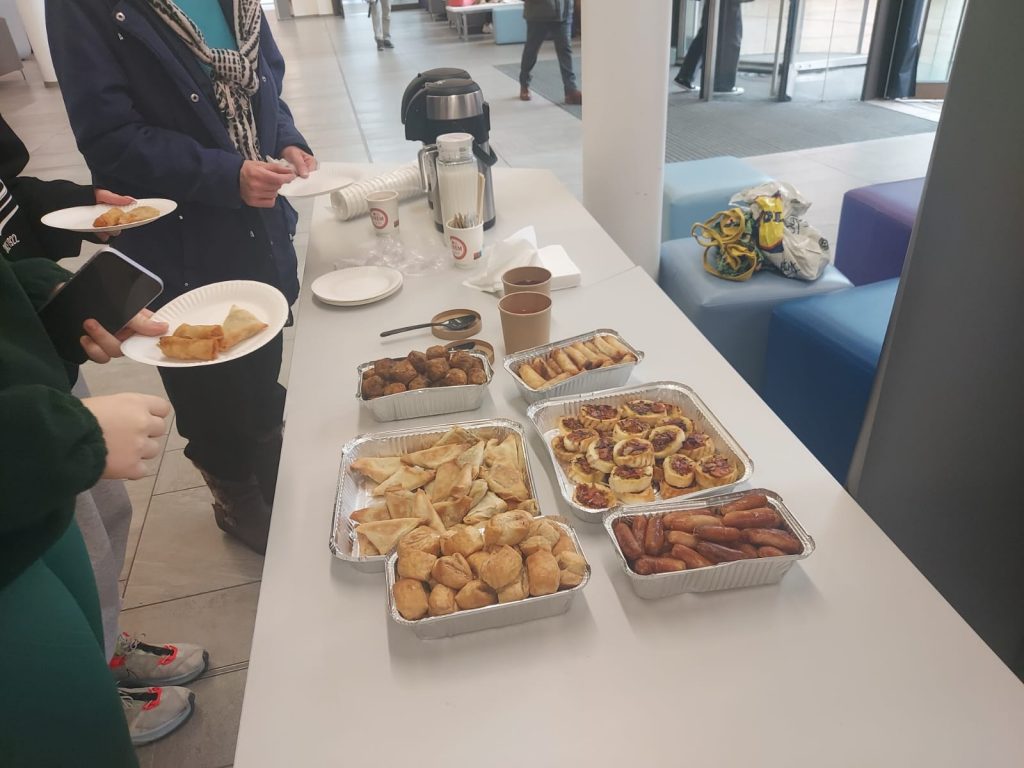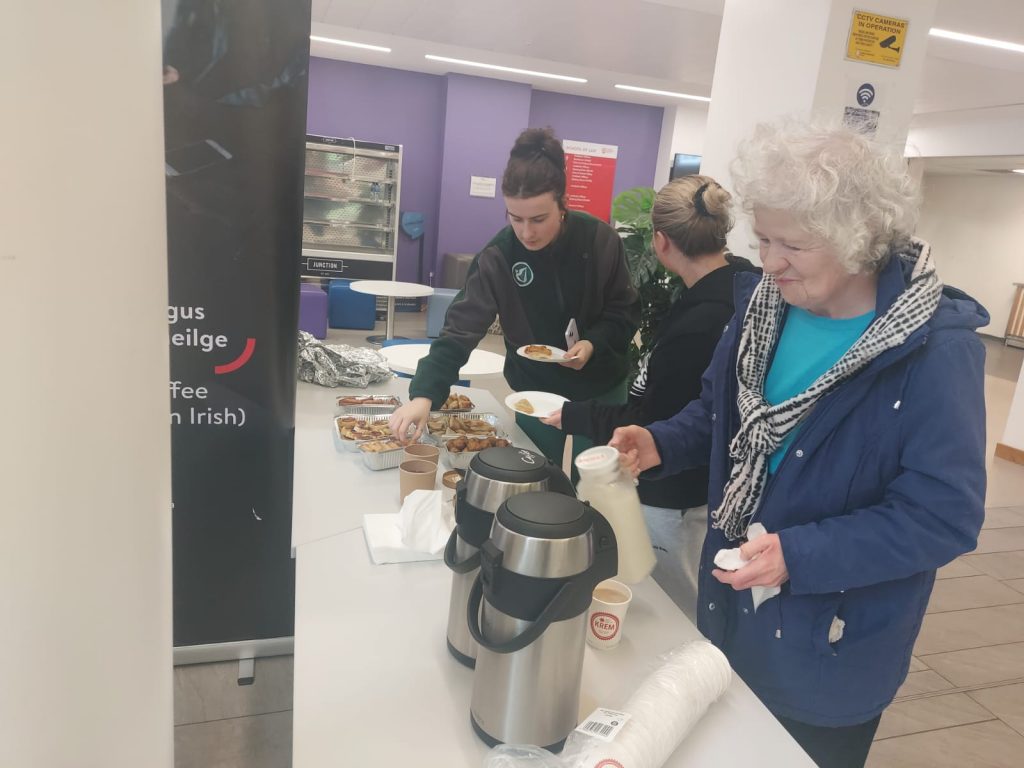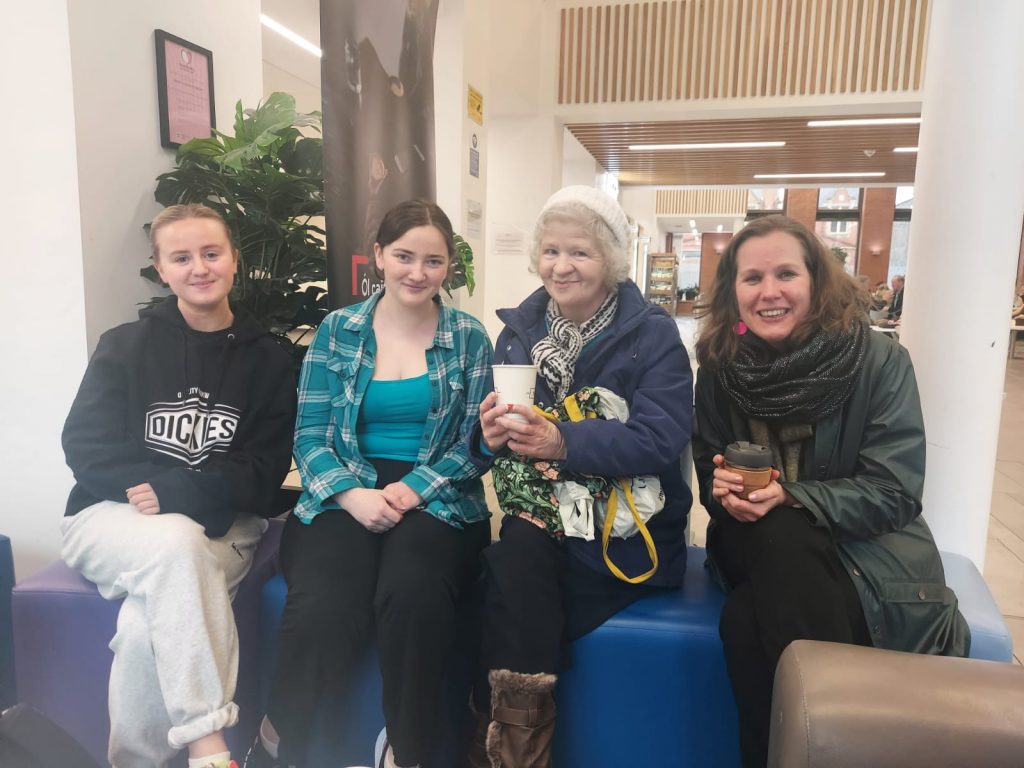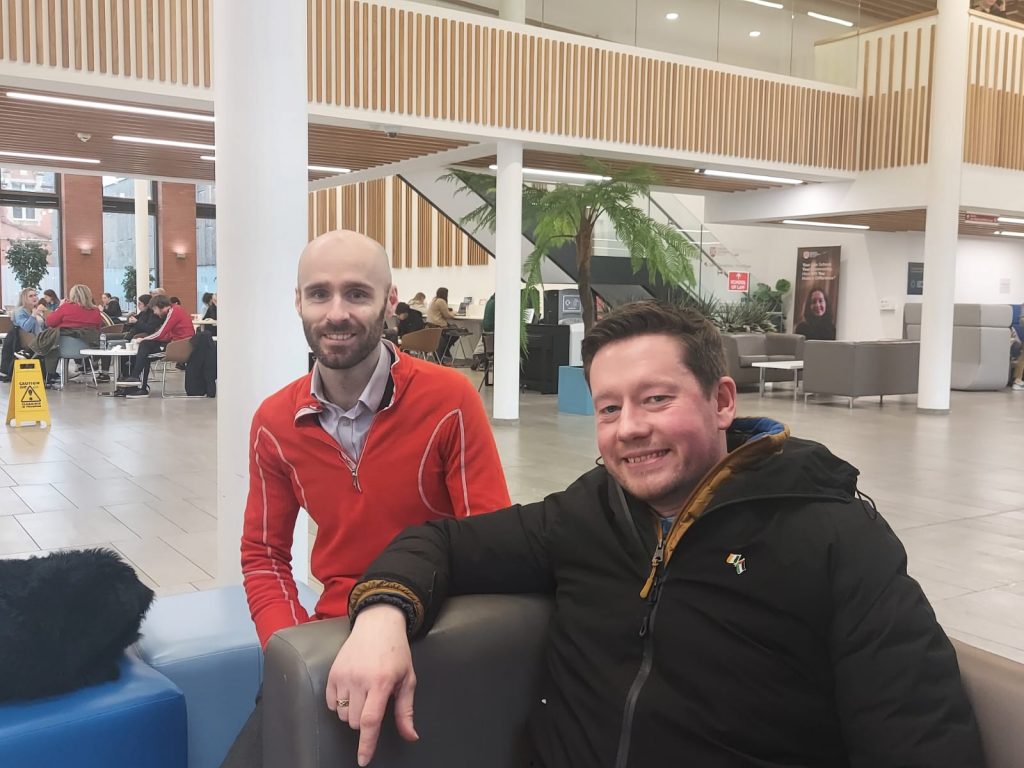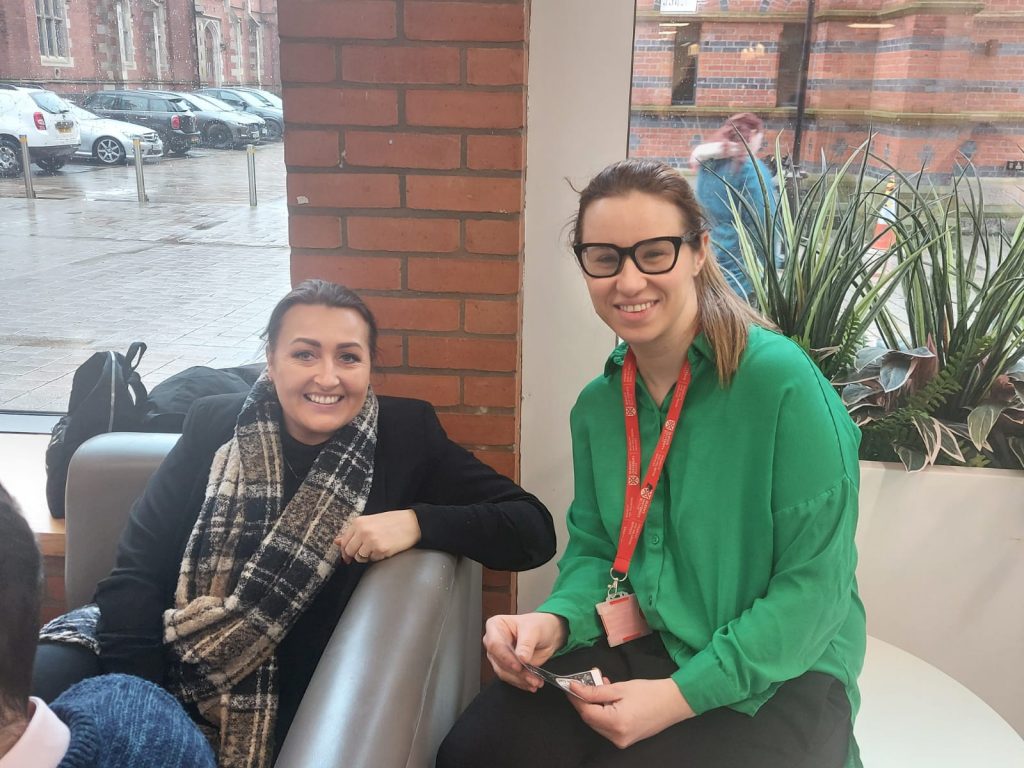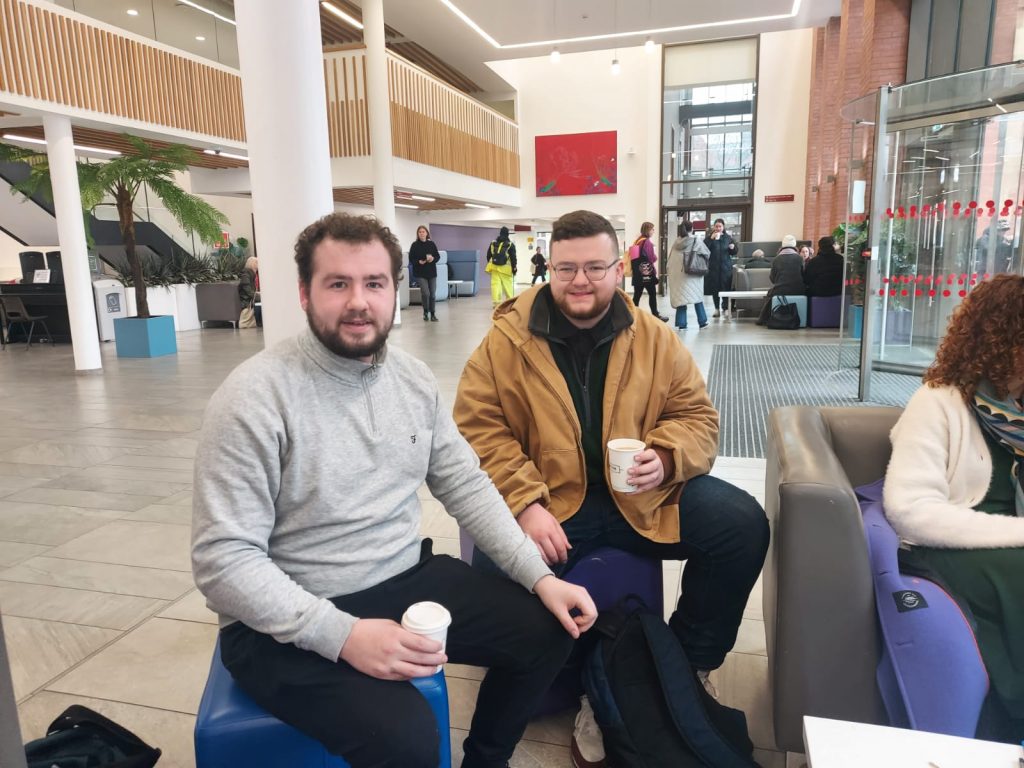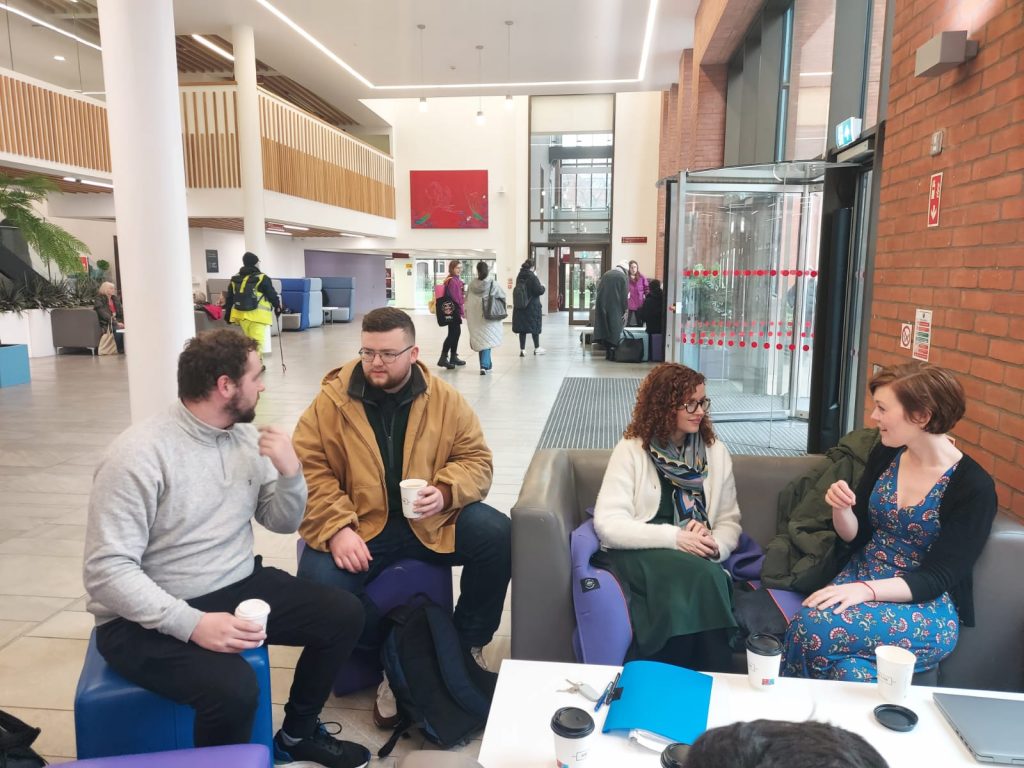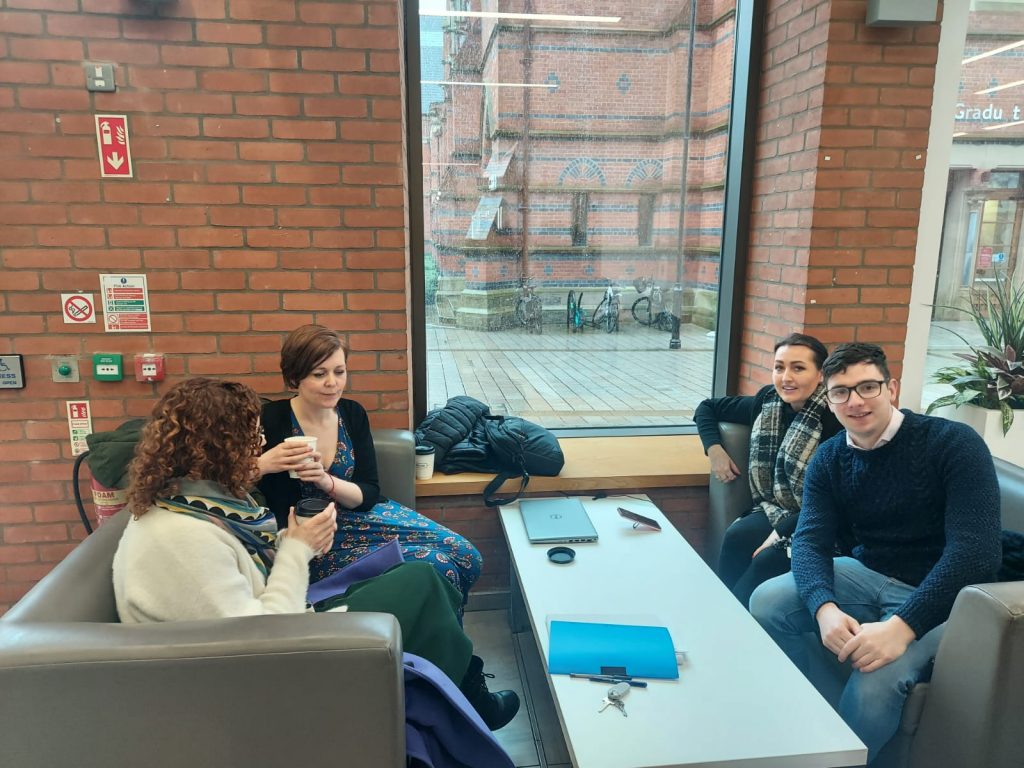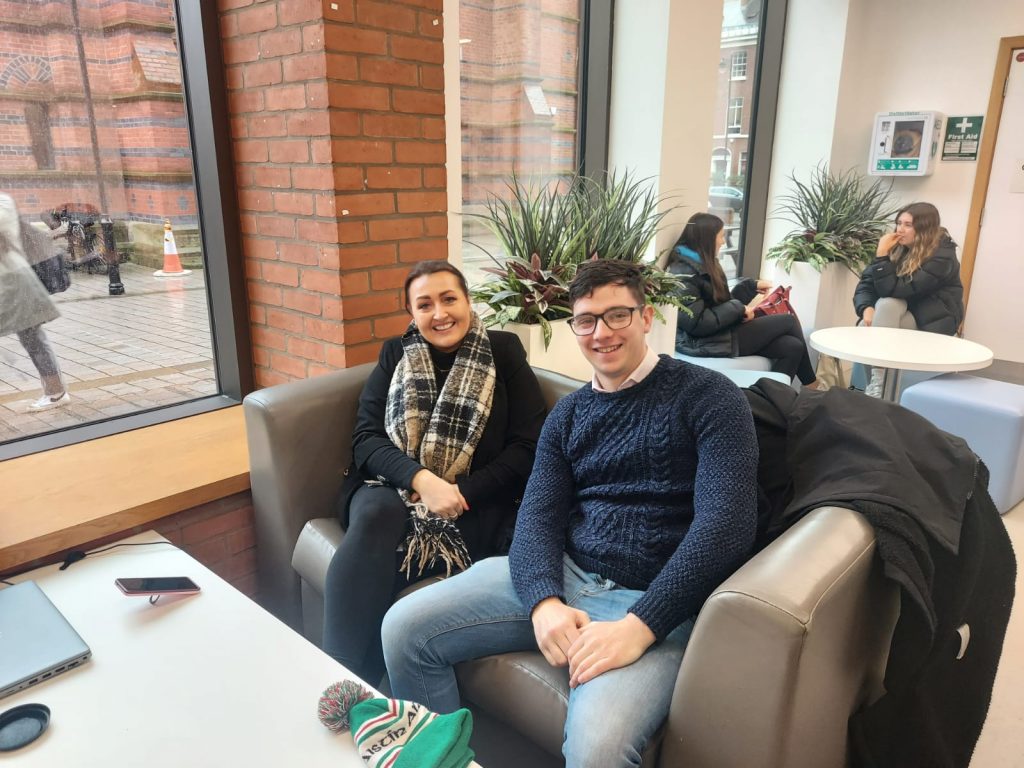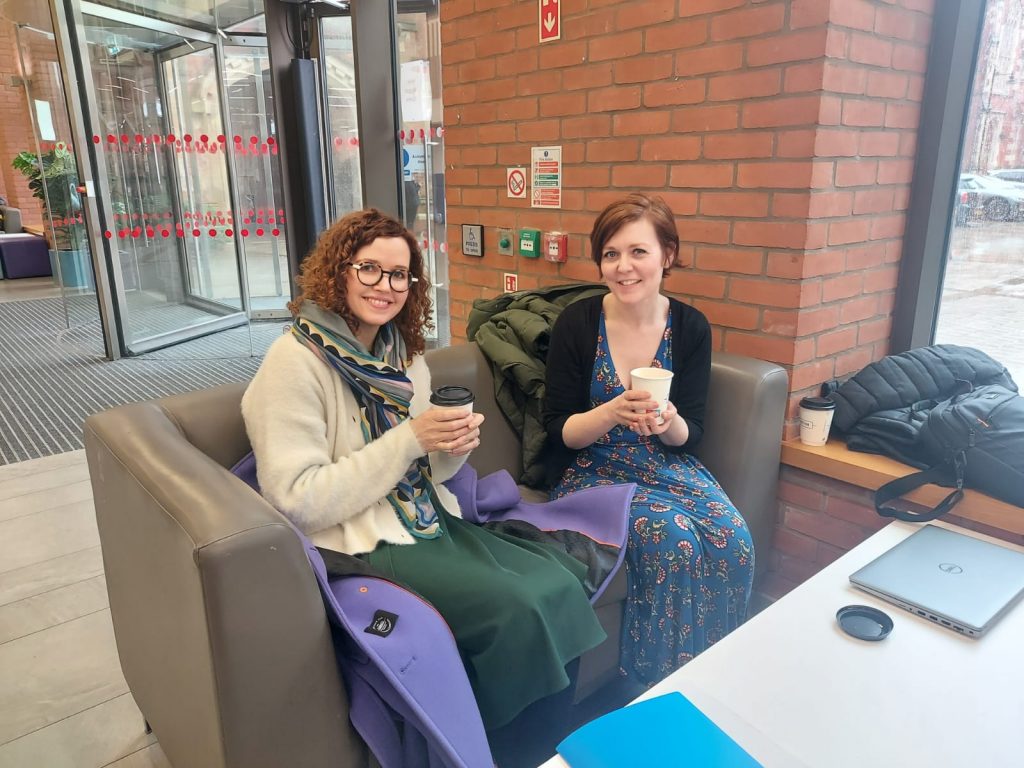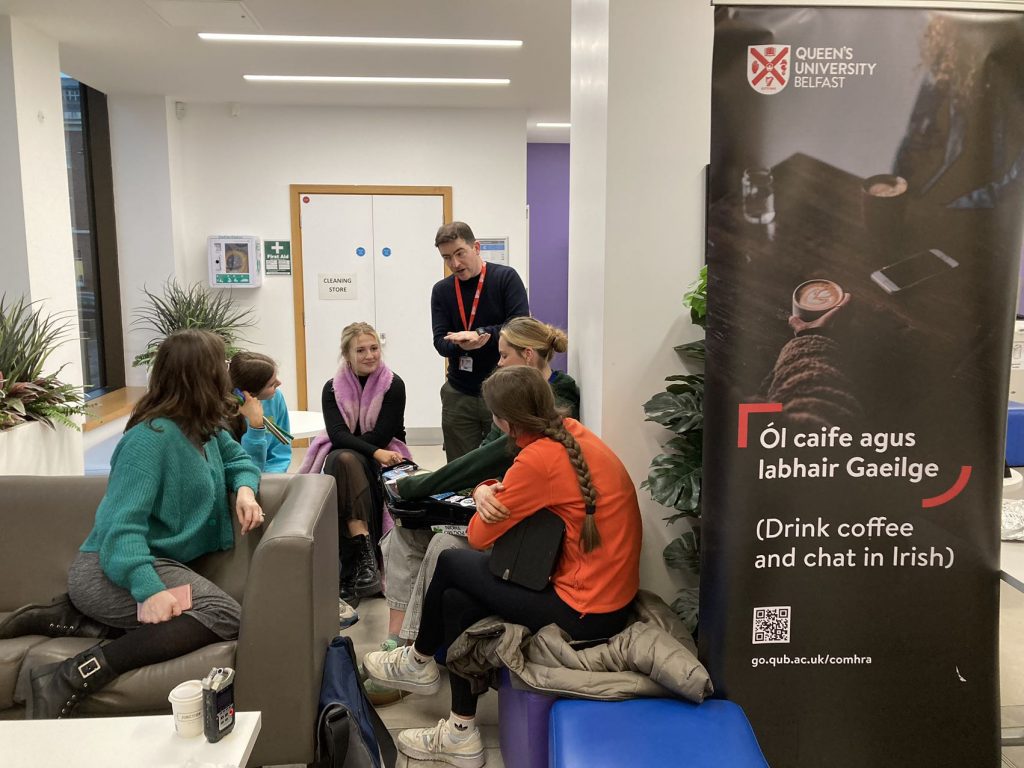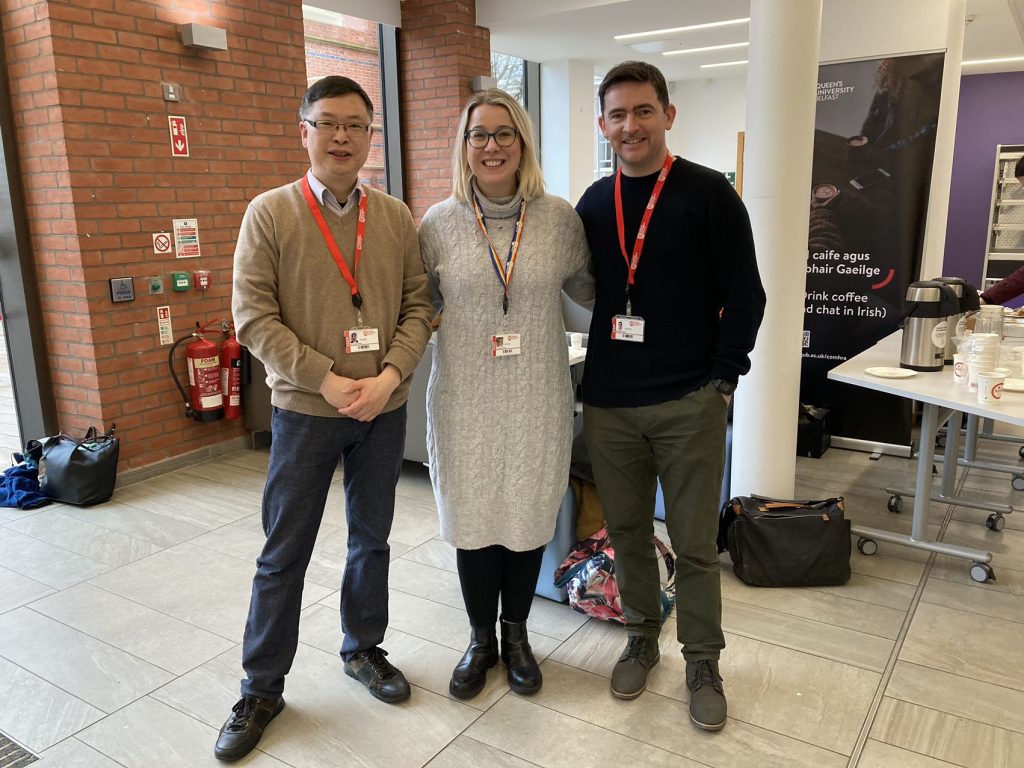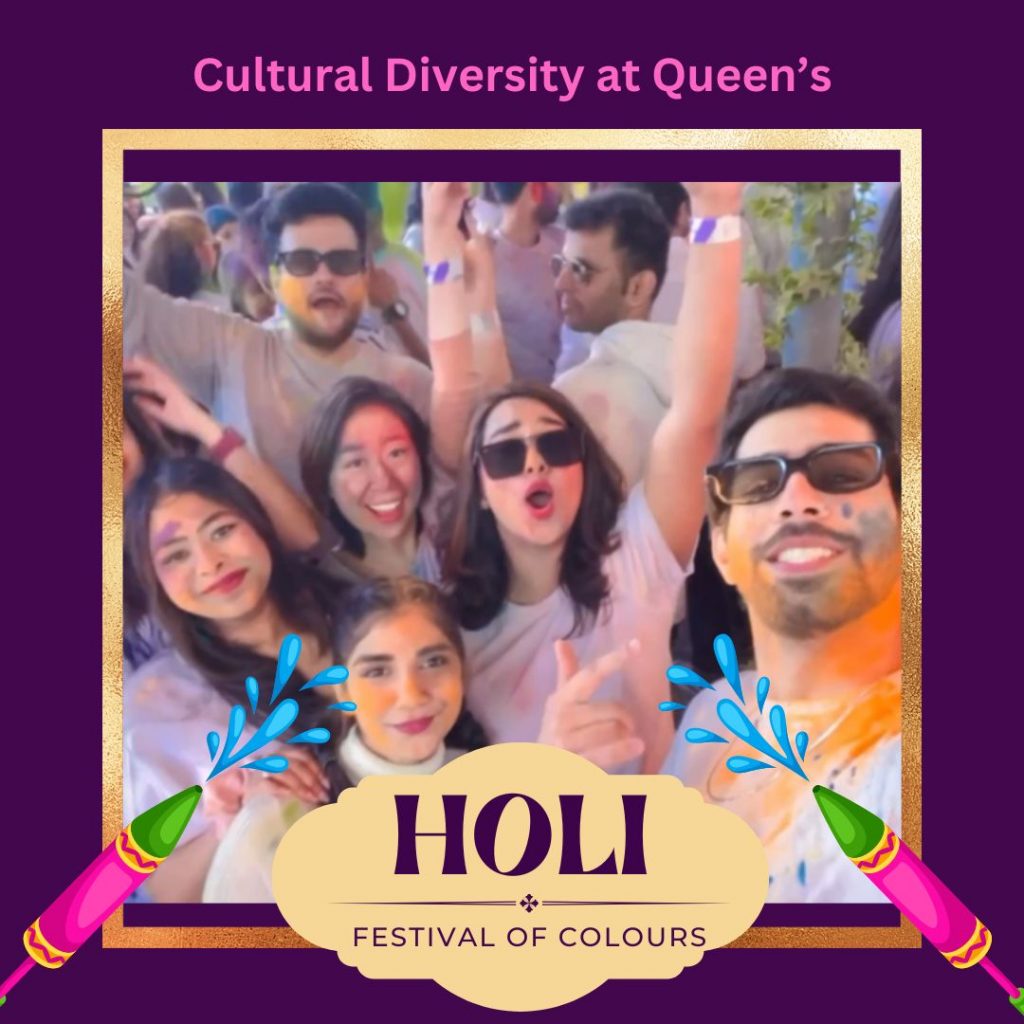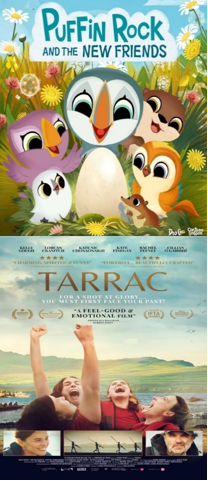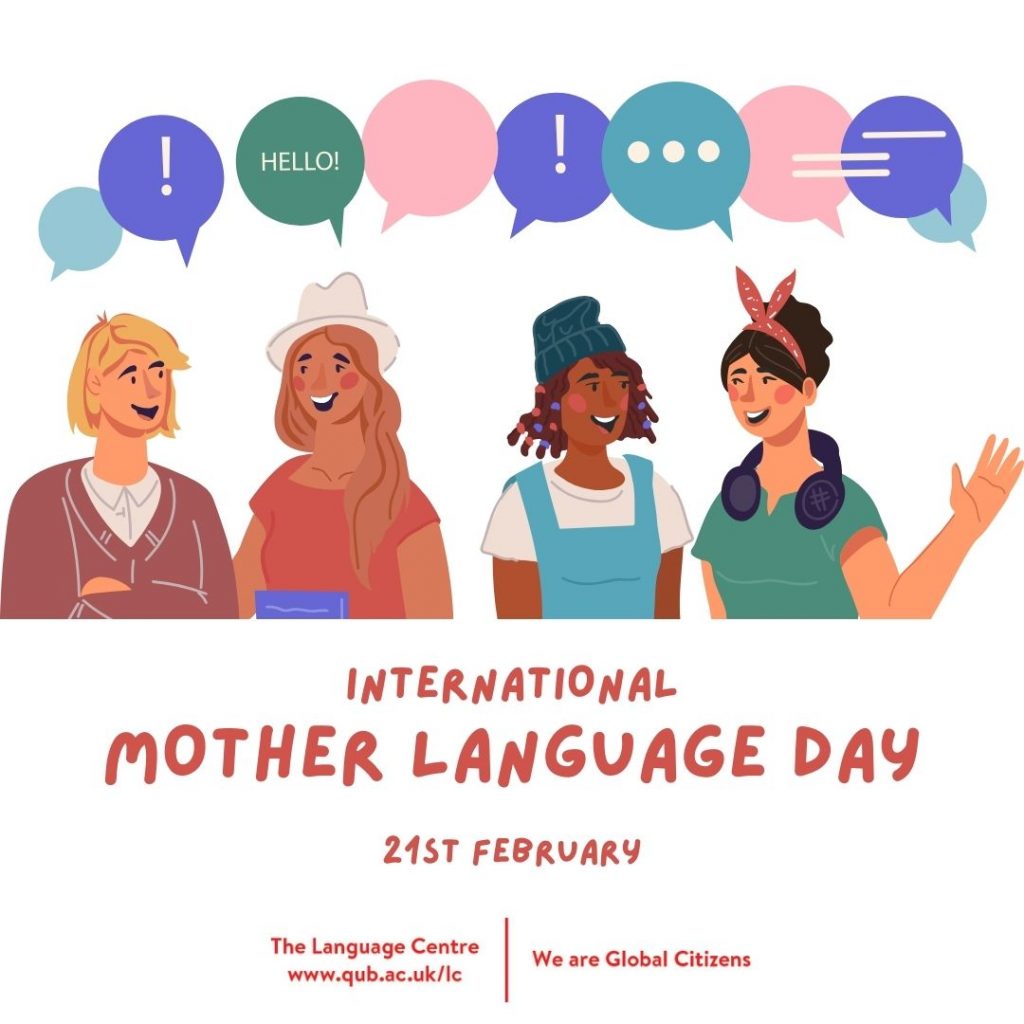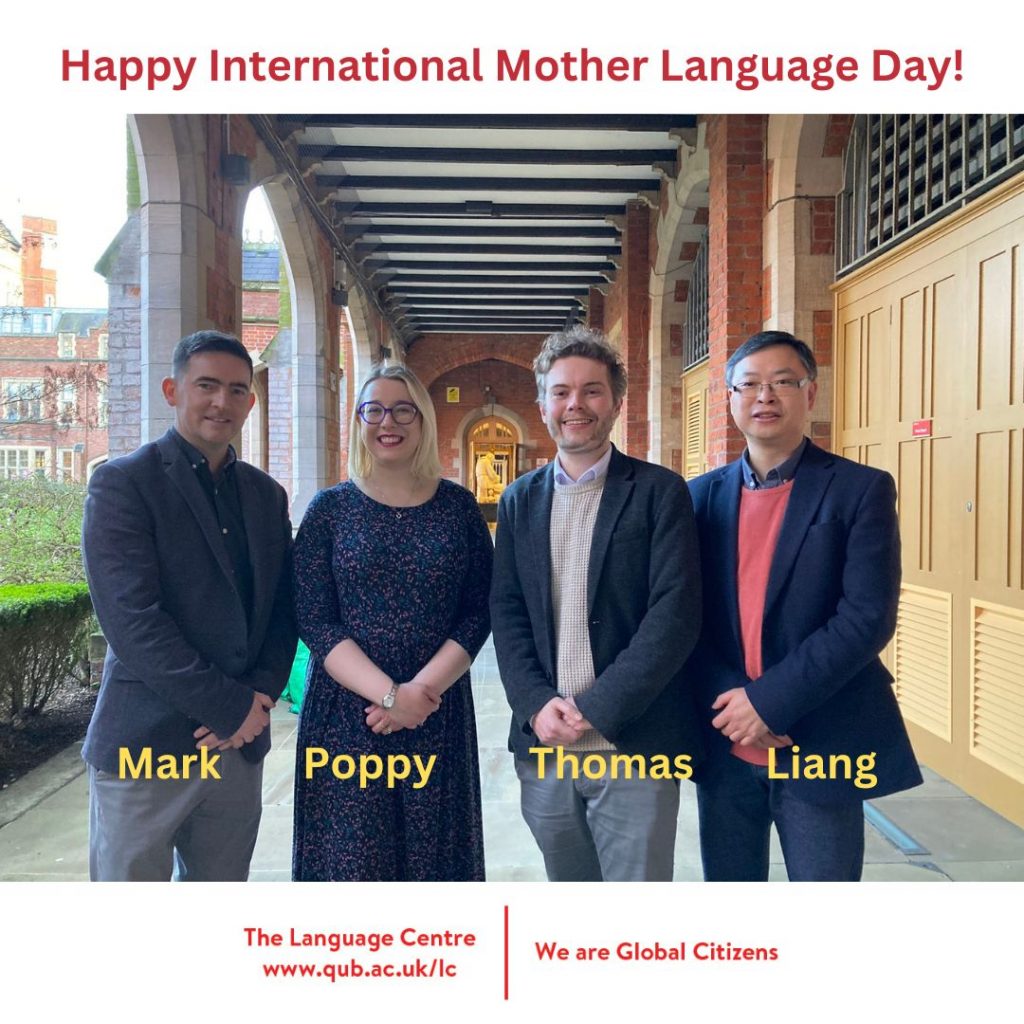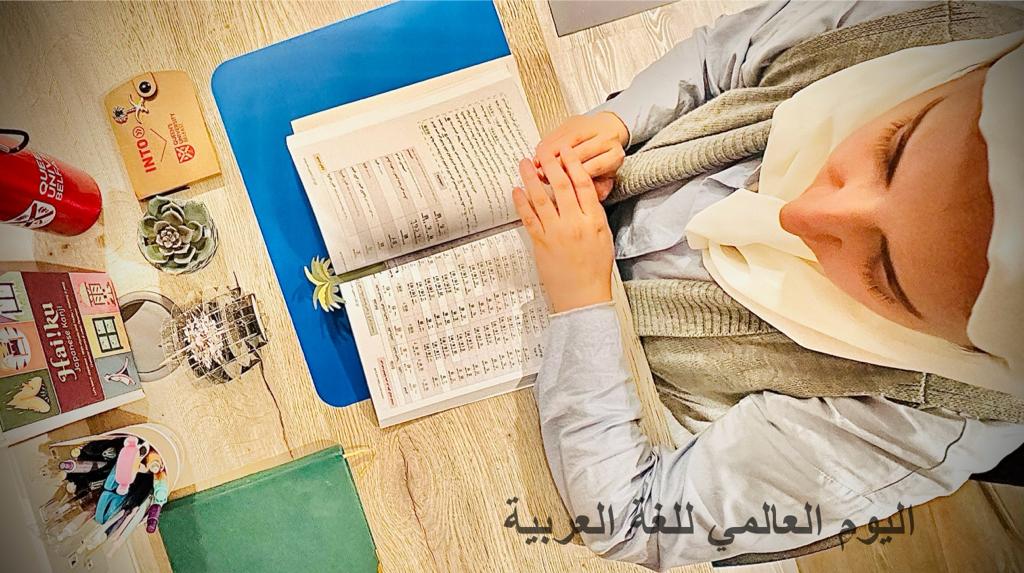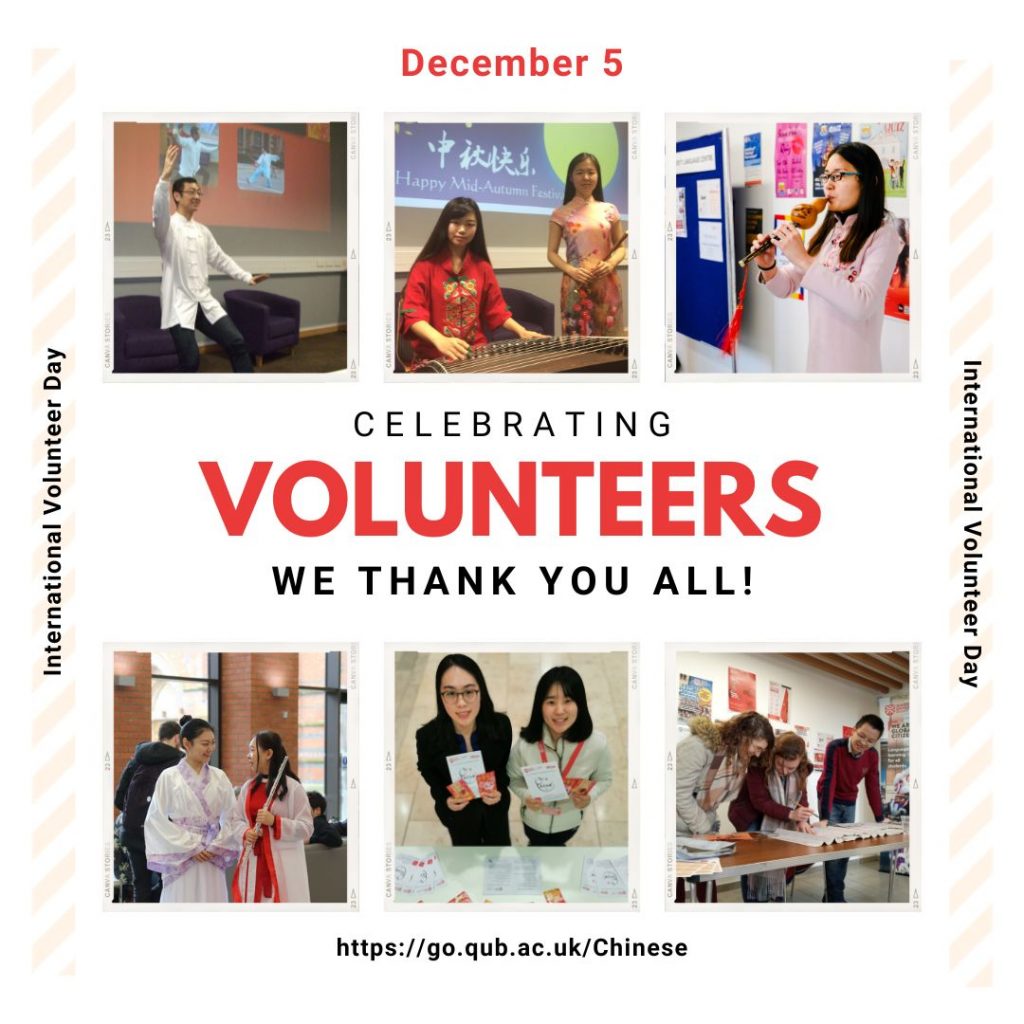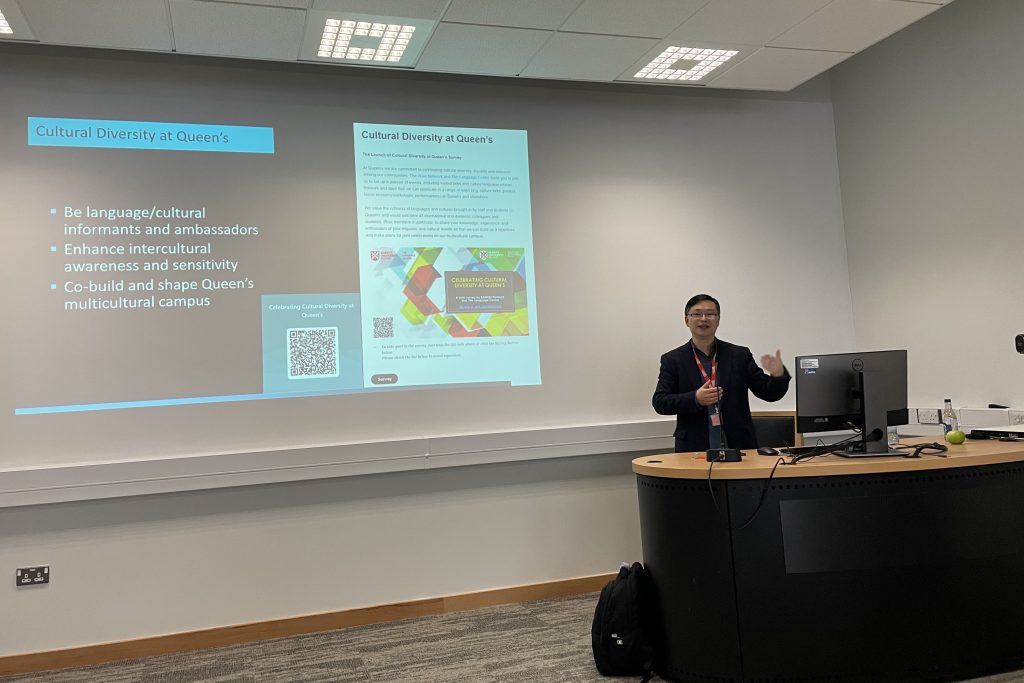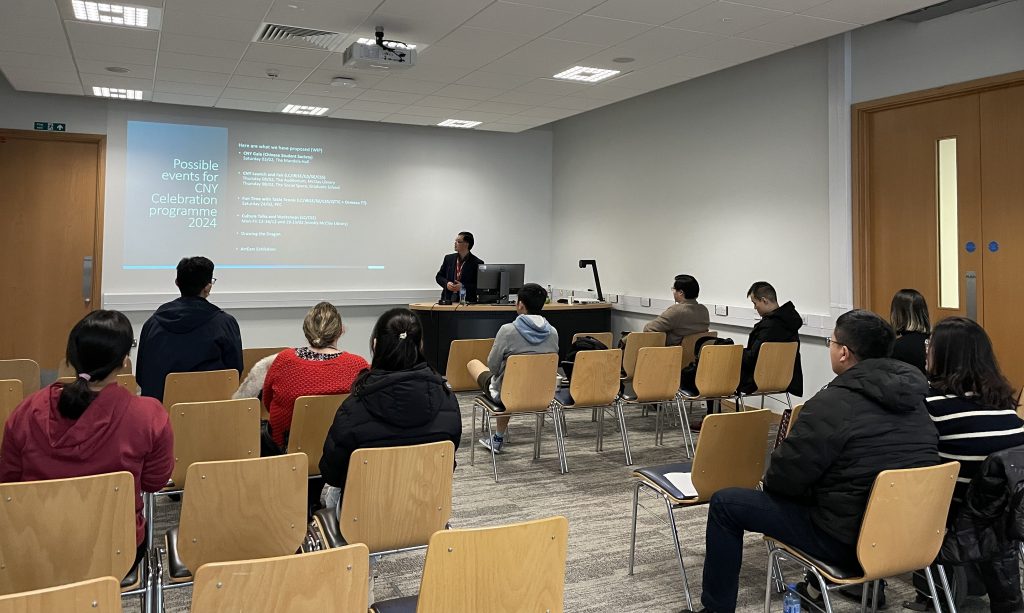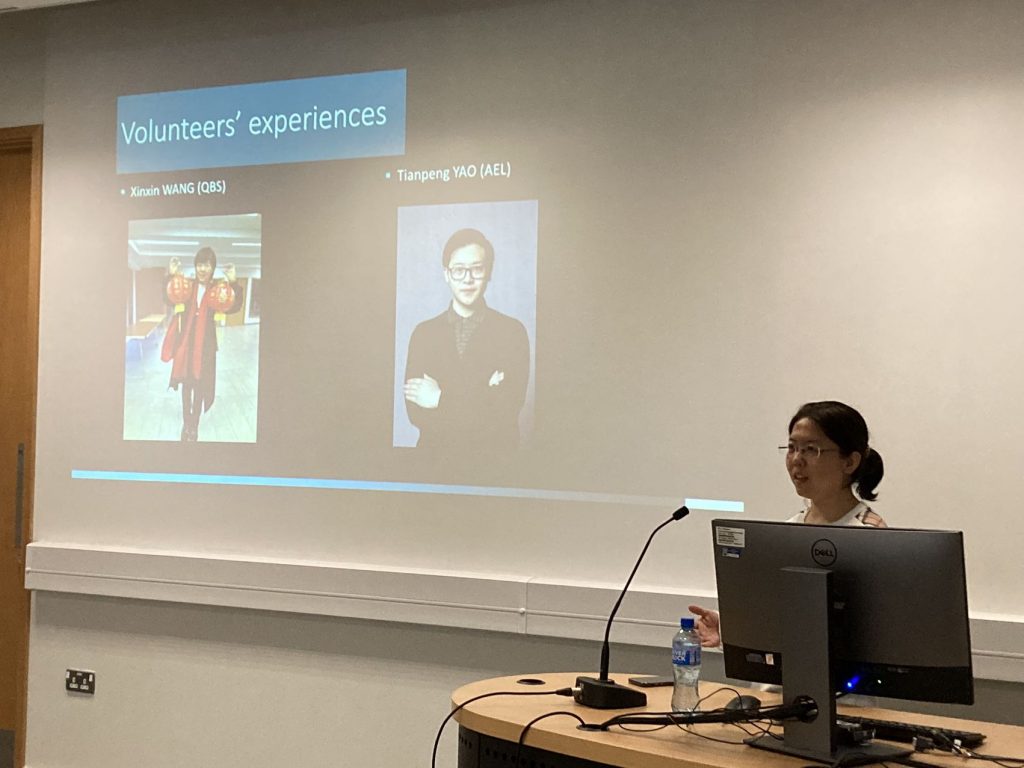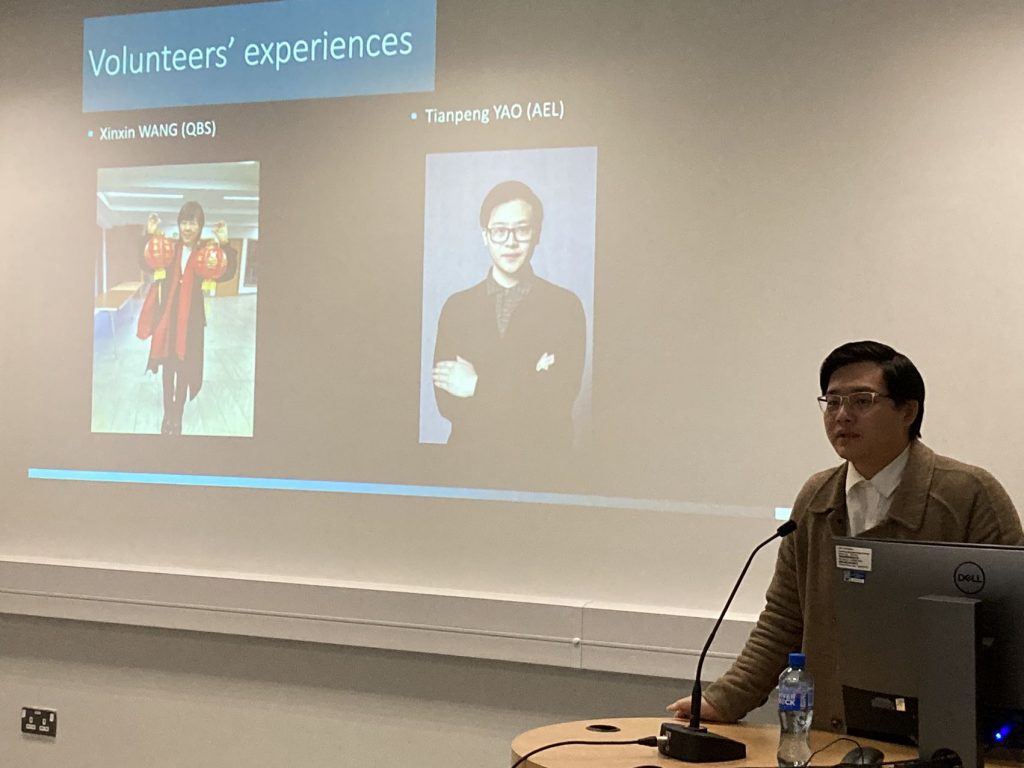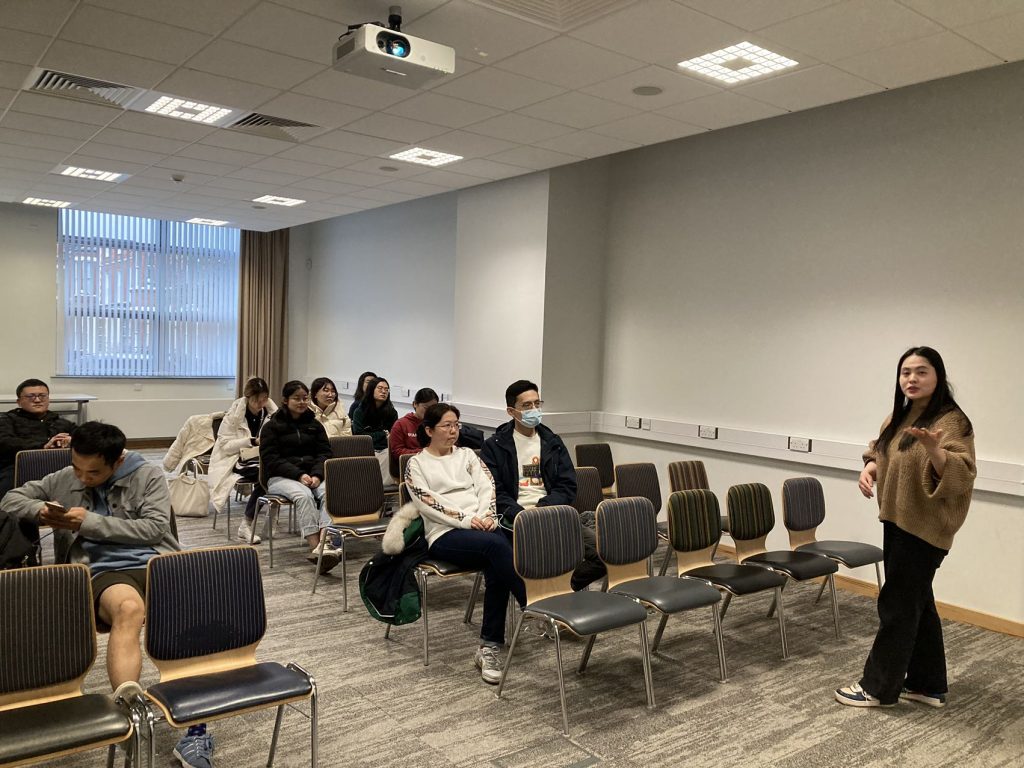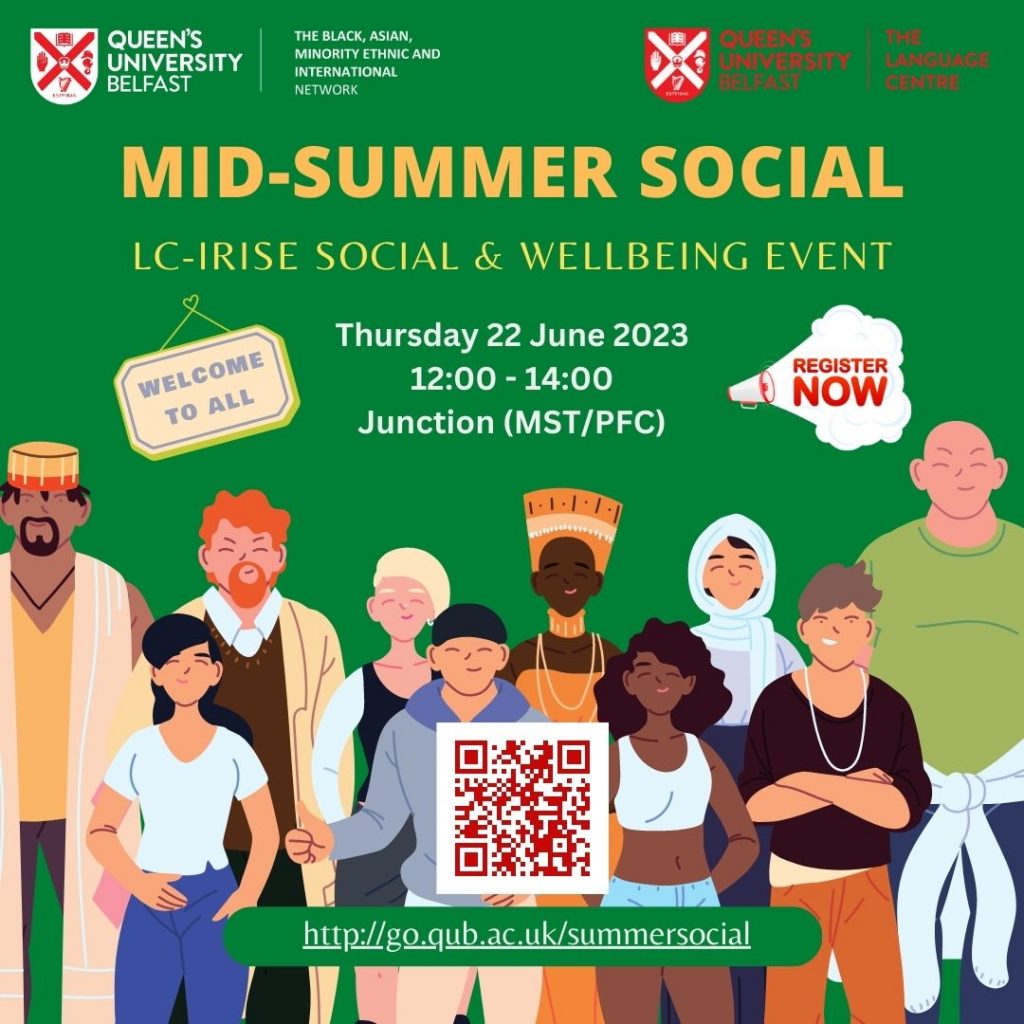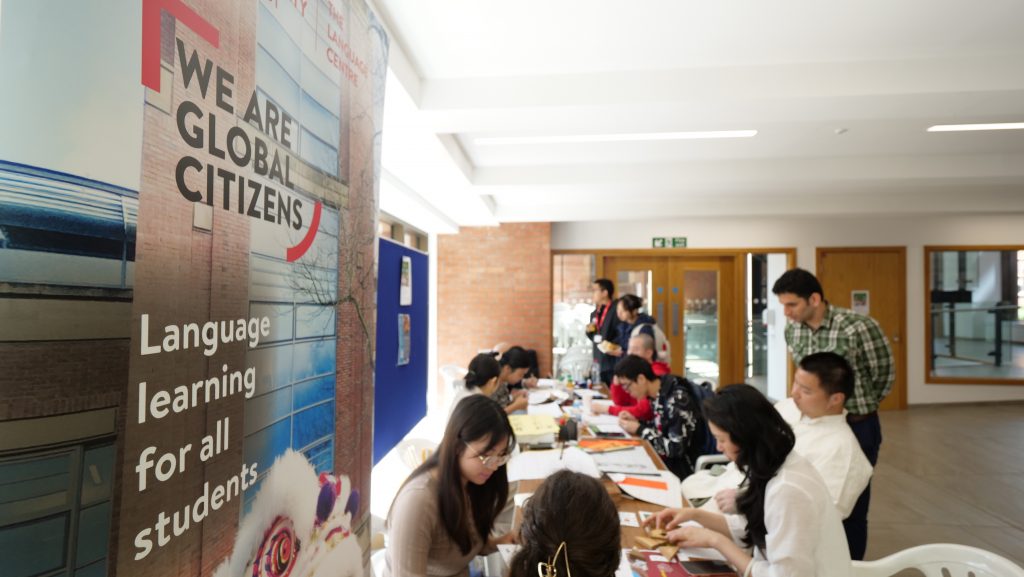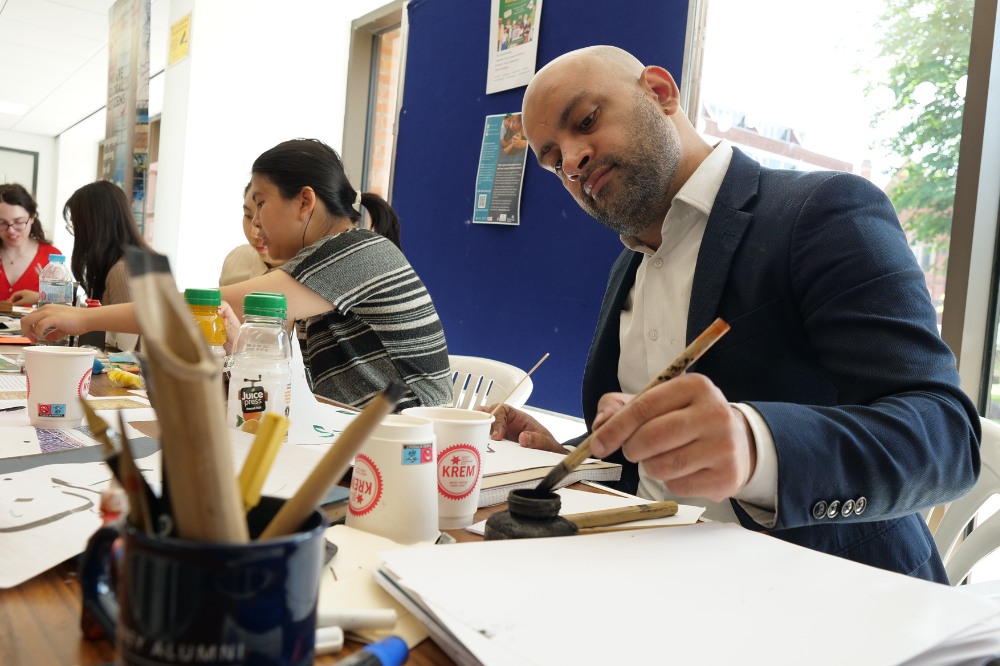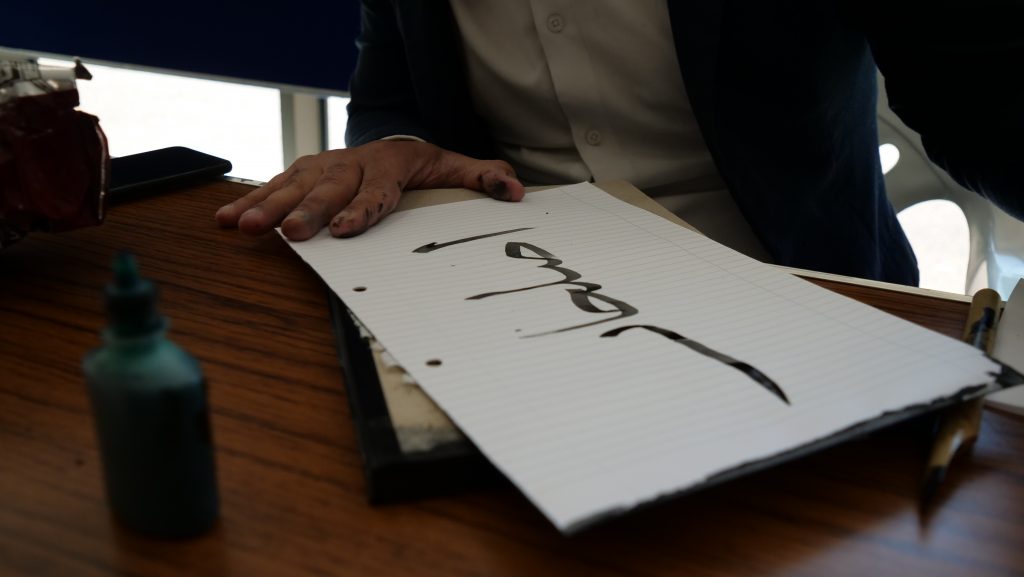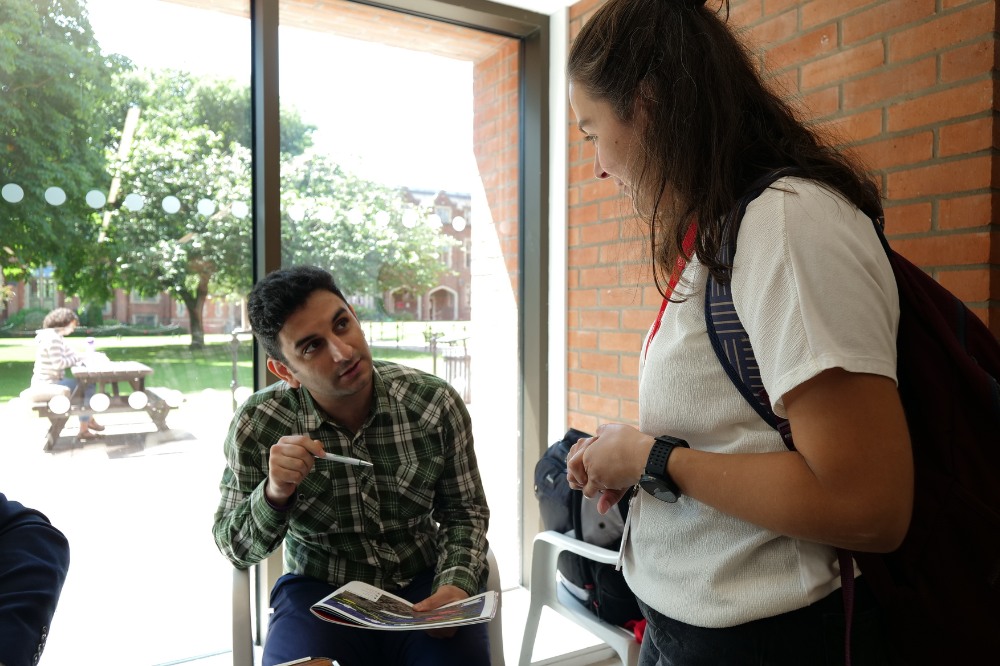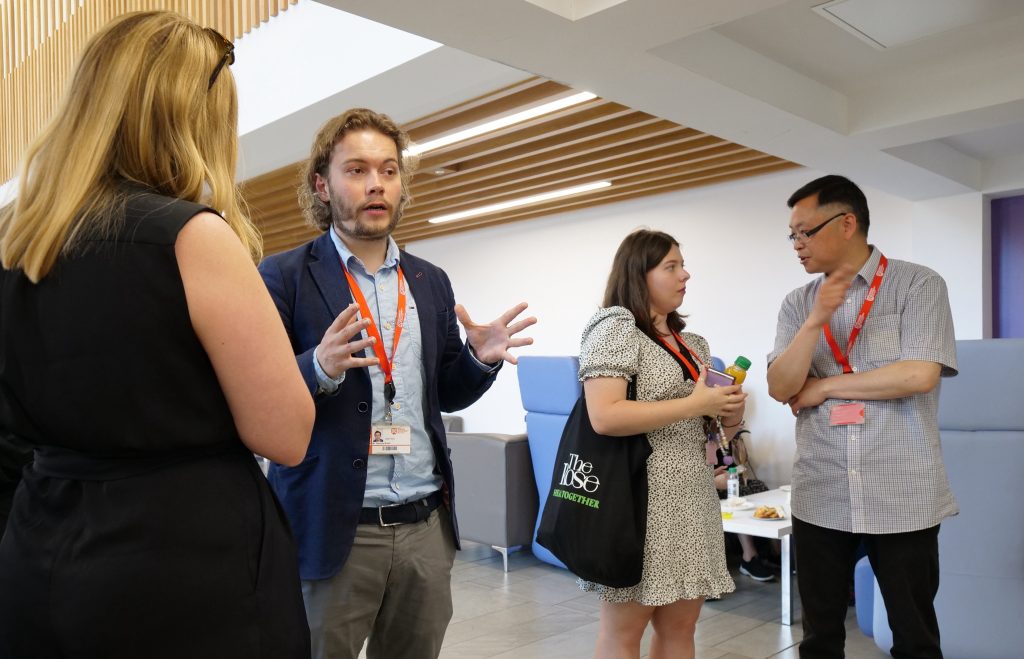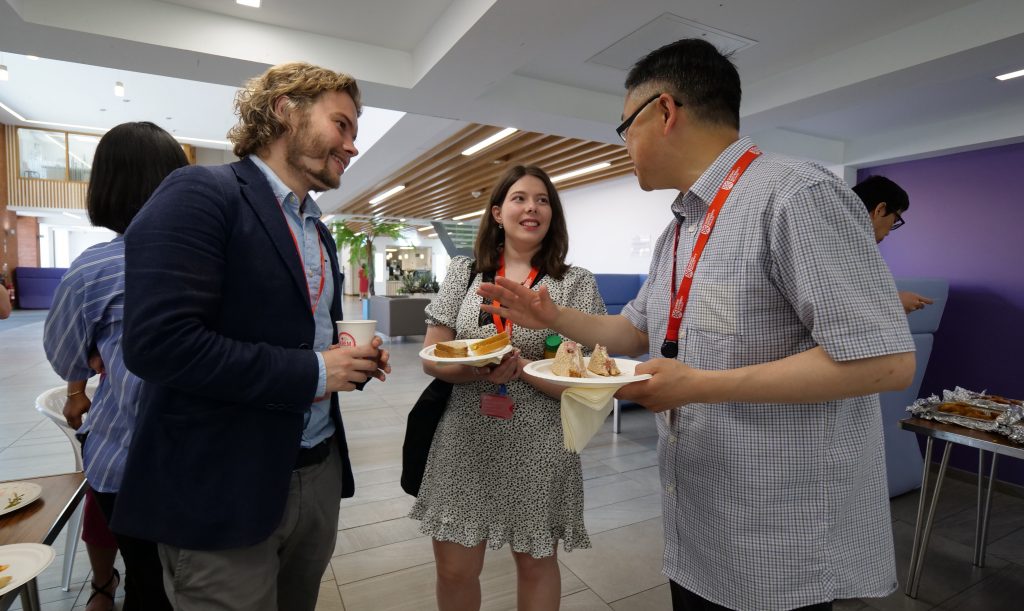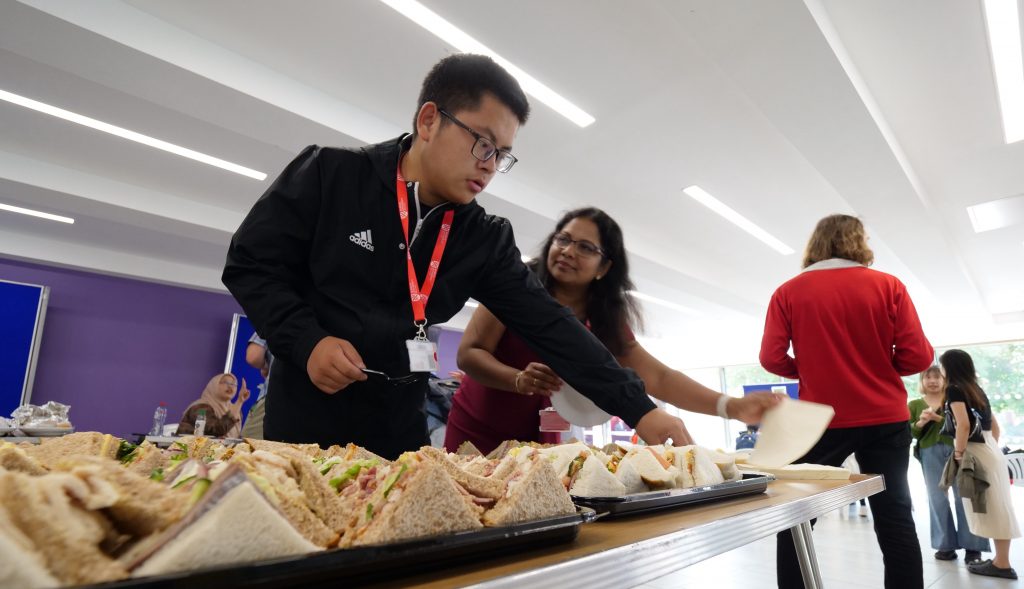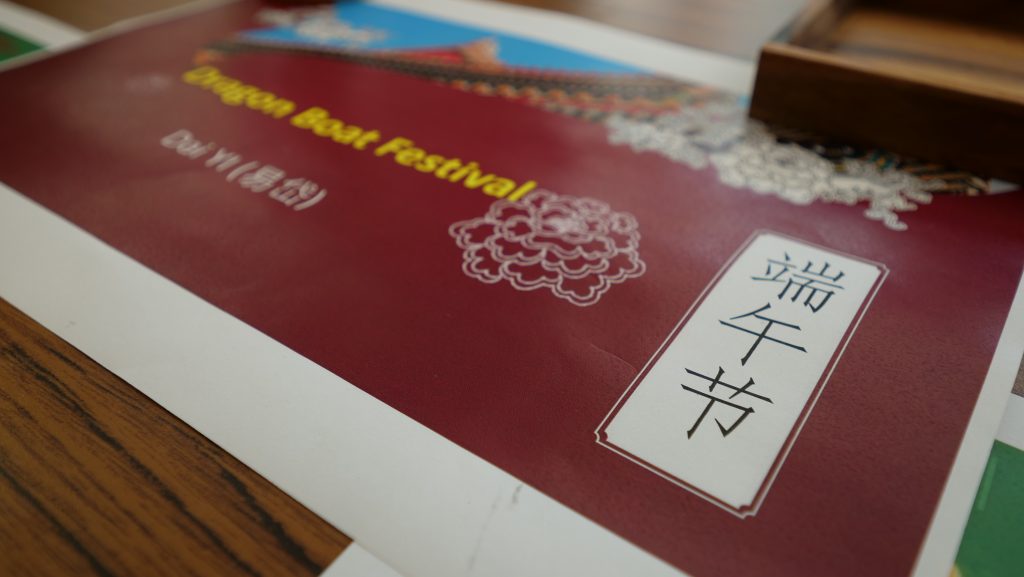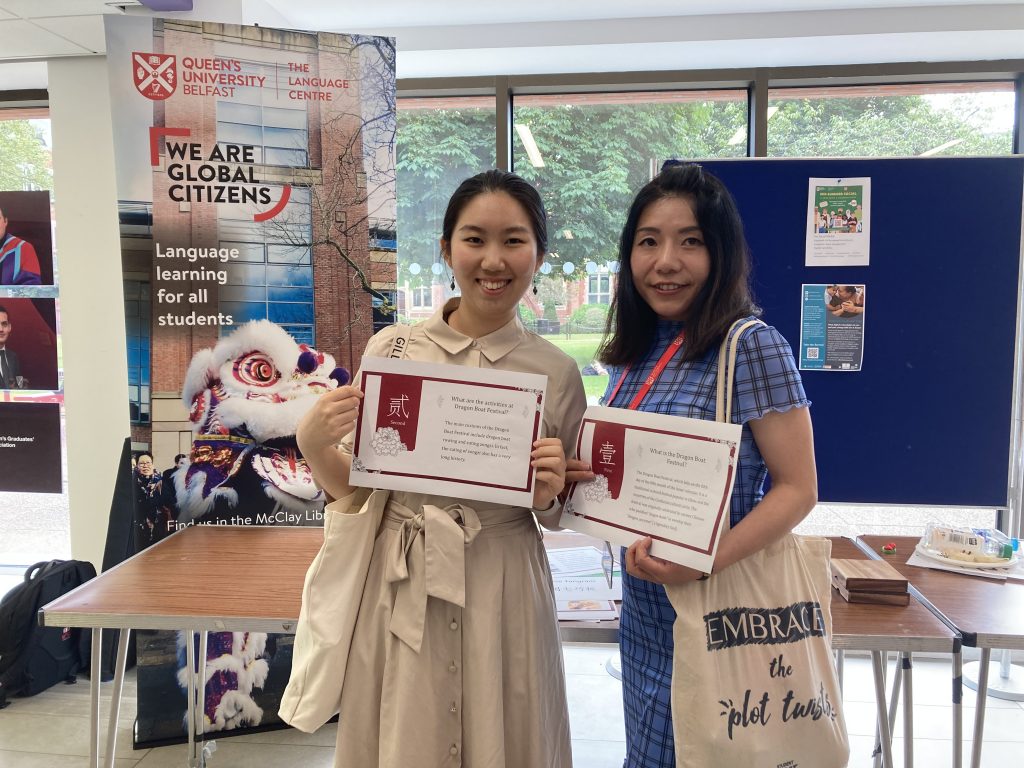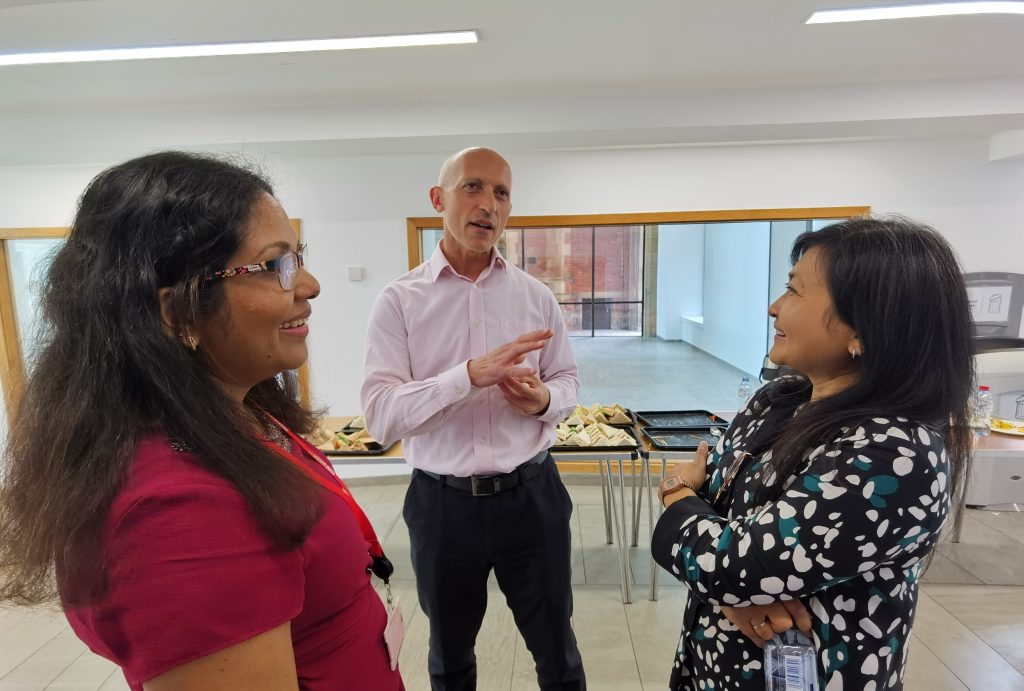Imeachtaí-Events – Bhí clár iontach againn i mbliana, chun Seachtain na Gaeilge a cheiliúradh…a mhaireann 17 lá, Márta 1ú-17ú!
We had a great programme of events this year, to celebrate Seachtain na Gaeilge (Irish Language Week)…which actually lasts for 17 days, March 1st-17th!
An Mháirt 5 Márta/Tuesday 5th March – Seachtain na Gaeilge 2024 got up and running with our Tráth na gCeist/Quiz. The teams were made up from QUB students, staff and guests who enjoyed our Eolas Ginearálta/General Knowledge Quiz! Maith sibh a chairde! Well done everyone!
An Chéadaoin 6 Márta/Wednesday 6th March – Lá ag an phictiúrlann/Day at the cinema, hosted in the wonderful surroundings of the QFT, saw close to one hundred pupils from the local Gaelscoil (Irish-Medium School), Scoil an Droichid, visit us to watch Puffin Rock Agus Na Cairde Nua.
Tarrac, kept the audience captivated for the afternoon in the QFT, as QUB students, staff, and members of the public came together to watch the acclaimed Irish Language film on the big screen.
An Déardaoin 7 Márta/Thursday 7th March – In Oidhreacht Ghaelach Bhéal Feirste (Belfast’s Gaelic Heritage), Dr. Fionntán de Brún guided us bilingually around campus, with an informative and enjoyable ‘walk and talk’. Dr. de Brún explored the linguistic origins of our local place names and the crucial role that the Irish language plays in their meanings.
An Mháirt 12 Márta/Tuesday 12th March – Nuala Ní Scolláin, owner of Ióga le Nuala, guided us through a relaxing and energising Yoga session, as gaeilge (in Irish)! Go raibh míle maith agat, a Nuala! (Thanks very much, Nuala!)
An Chéadaoin 13 Márta/Wednesday 13th March – Rith/Siúil Spraoi (Fun Run/Walk) gave Irish language enthusiasts a chance to get their steps in, and also use their Irish with other gaeilgeoirí (Irish speakers).
An Déardaoin 14 Márta/Thursday 14th March – Chuir muid deireadh le Seachtain na Gaeilge 2024 le Comhrá-thon! (We brought Seachtain na Gaeilge to a close with a Comhrá-thon!)
From early morning to late afternoon, the conversation – as well as the tae agus caife (tea & coffee) – was flowing, ending in a céilí (music session) agus cóisir (party)!
Beatha teanga í a labhairt! (The life of a language is in the speaking of it!)


